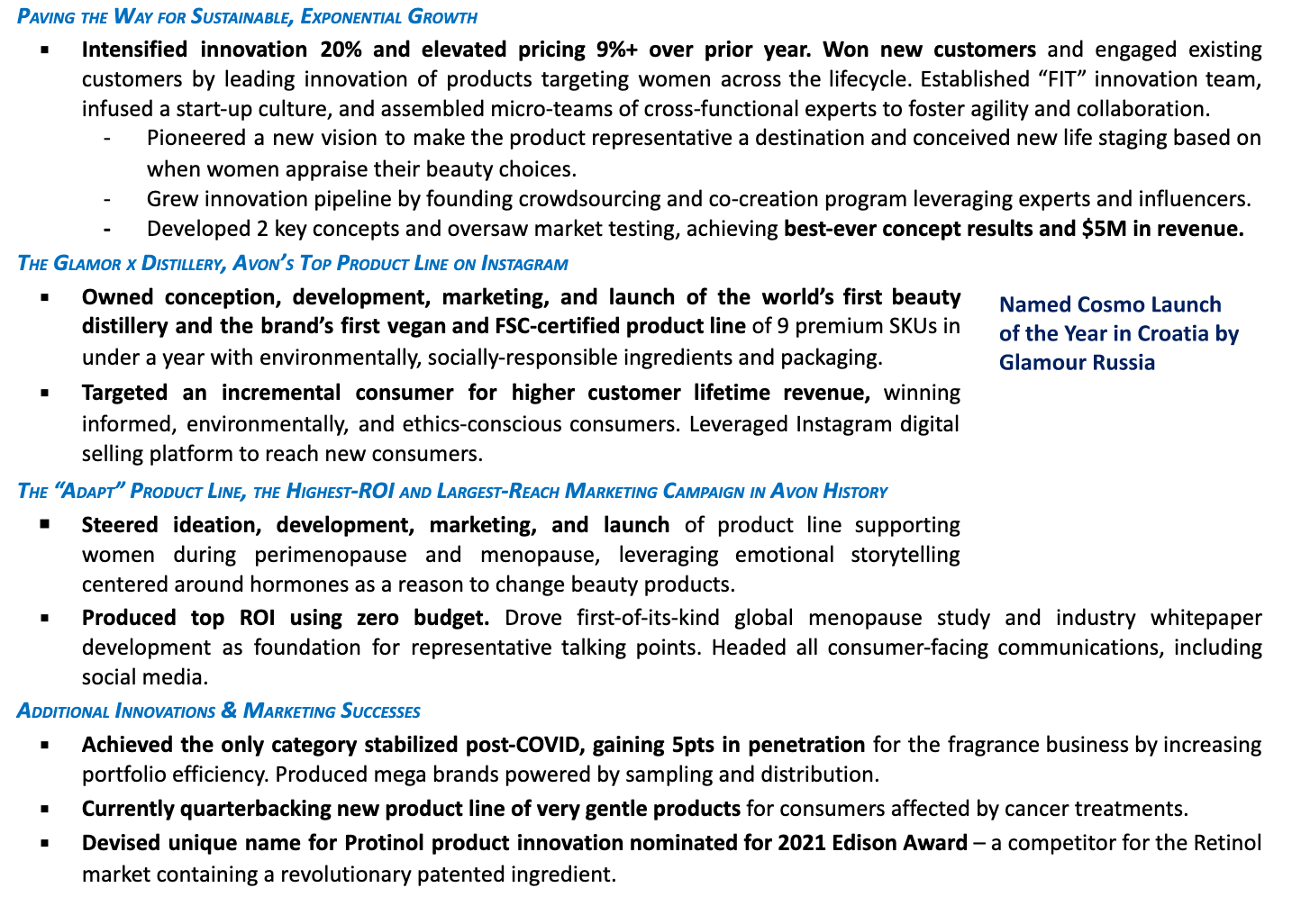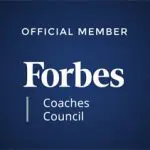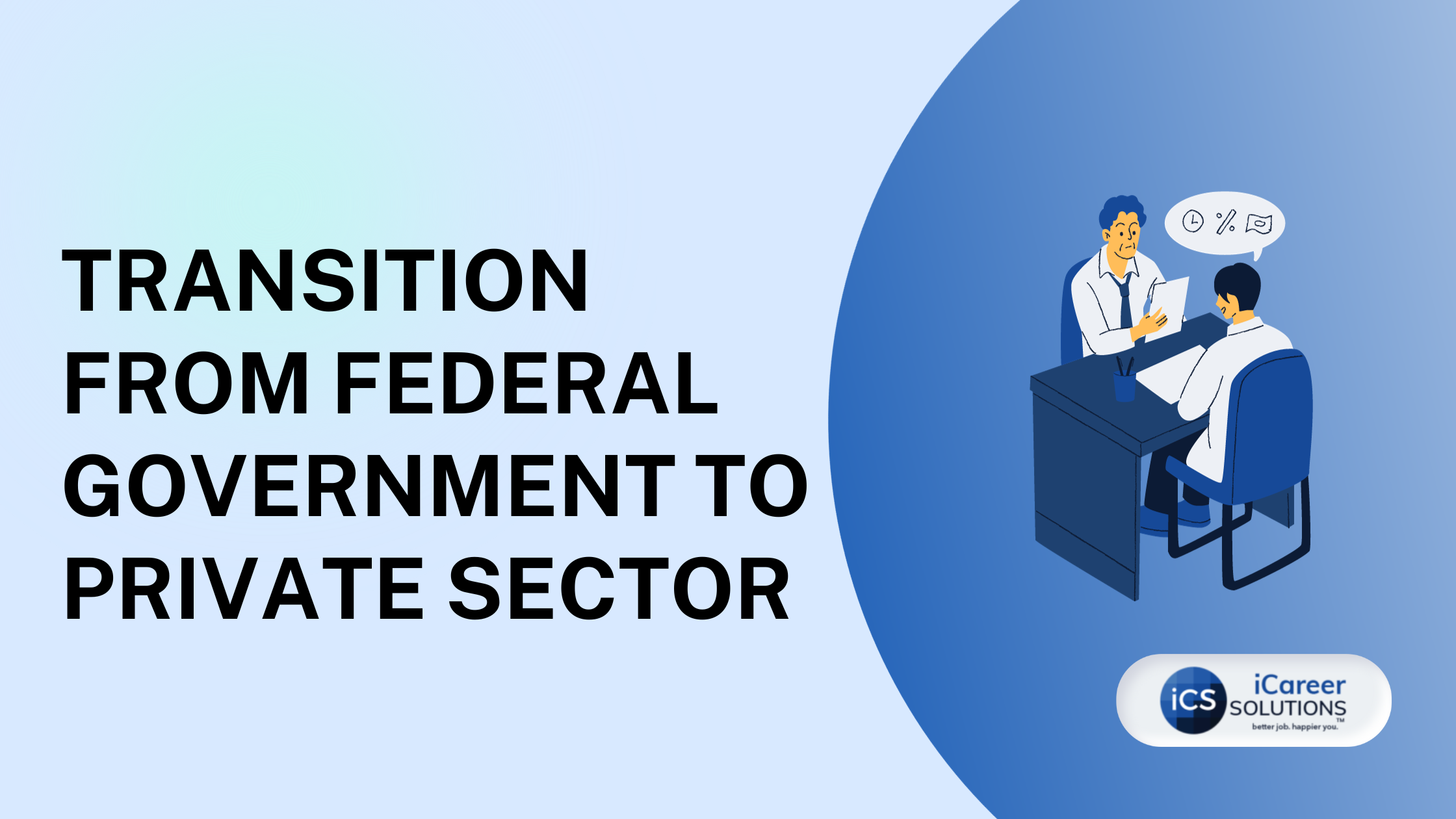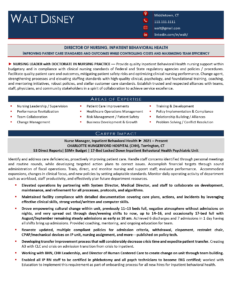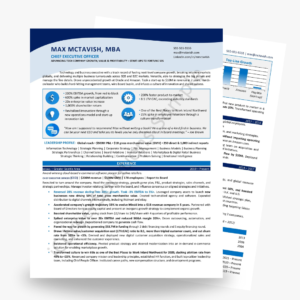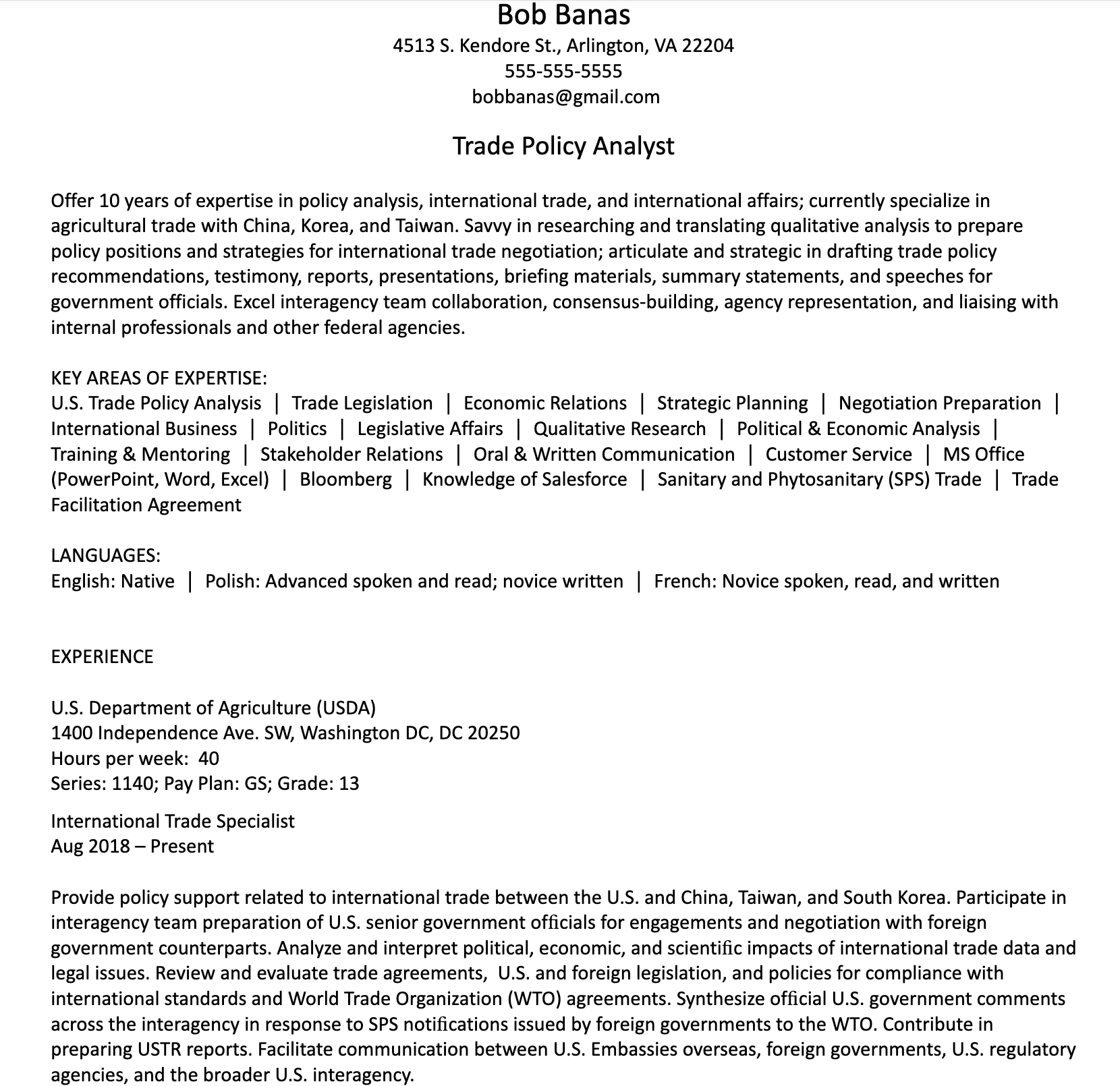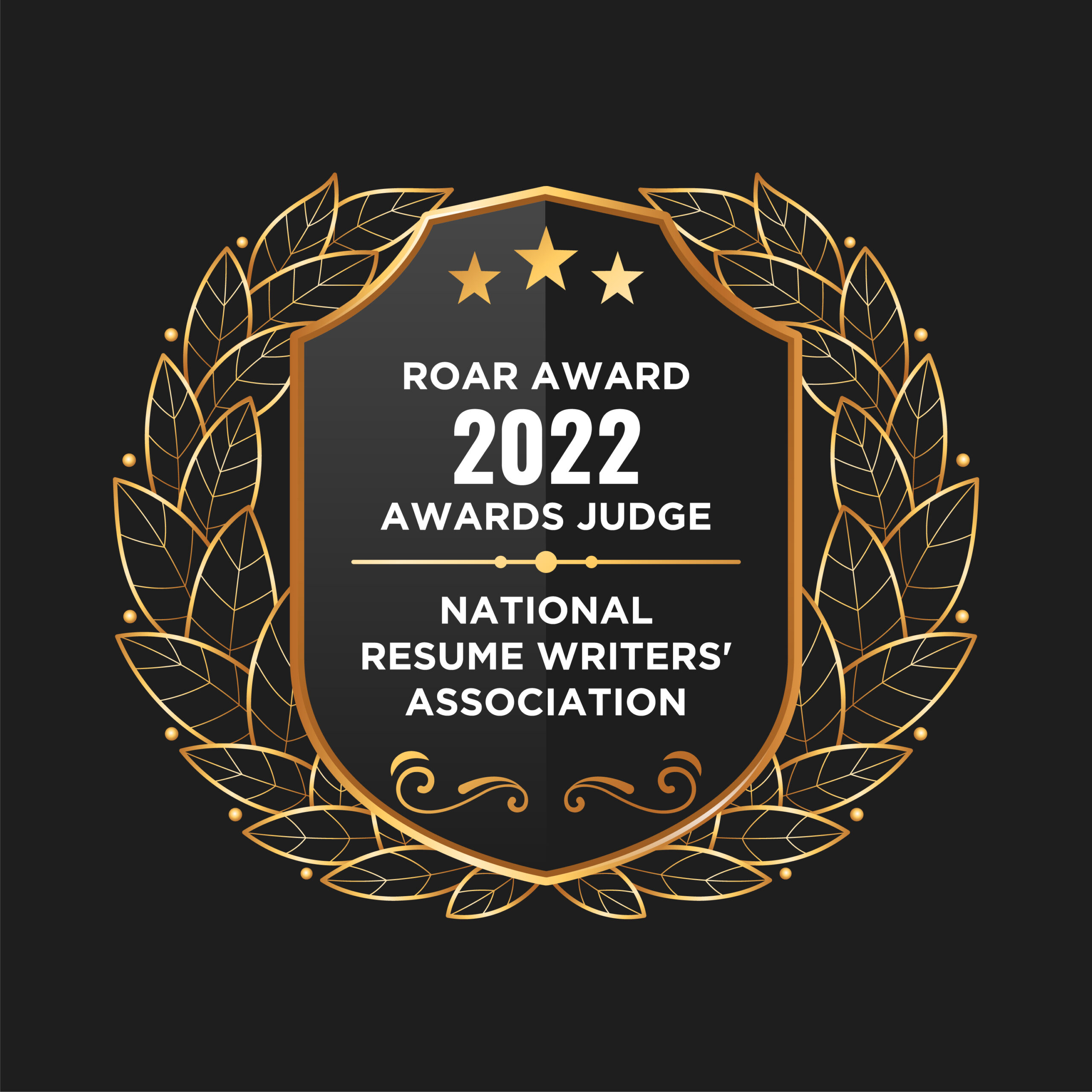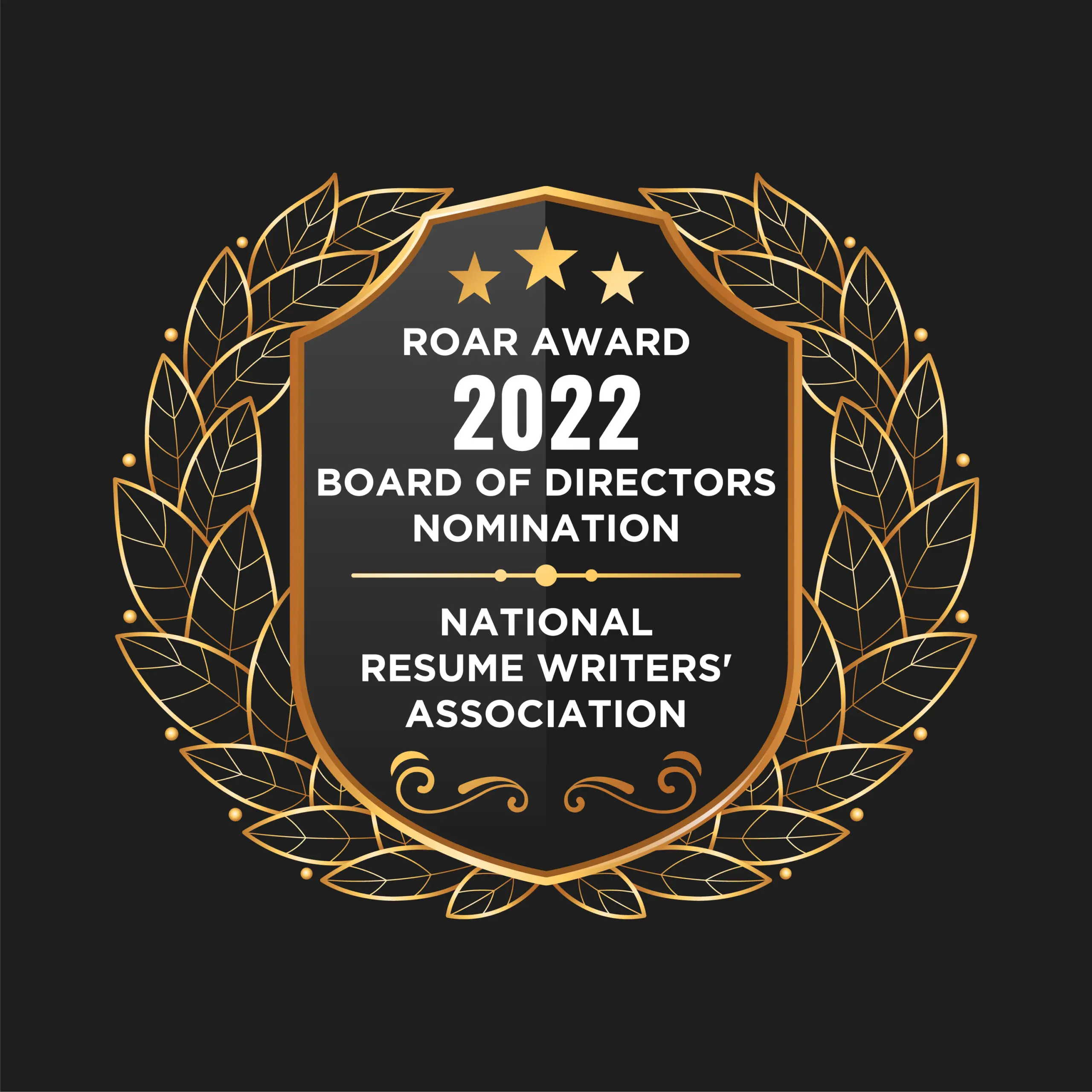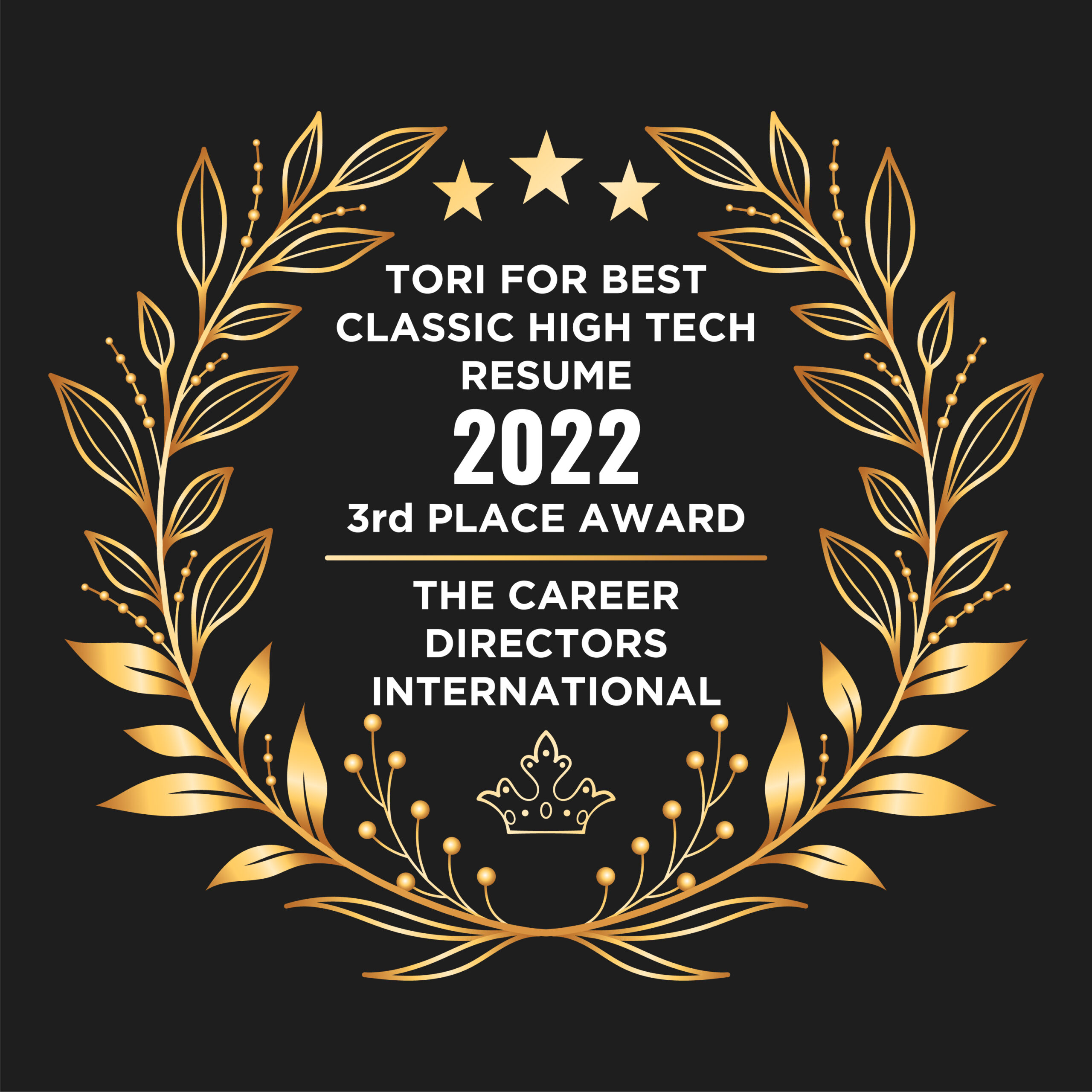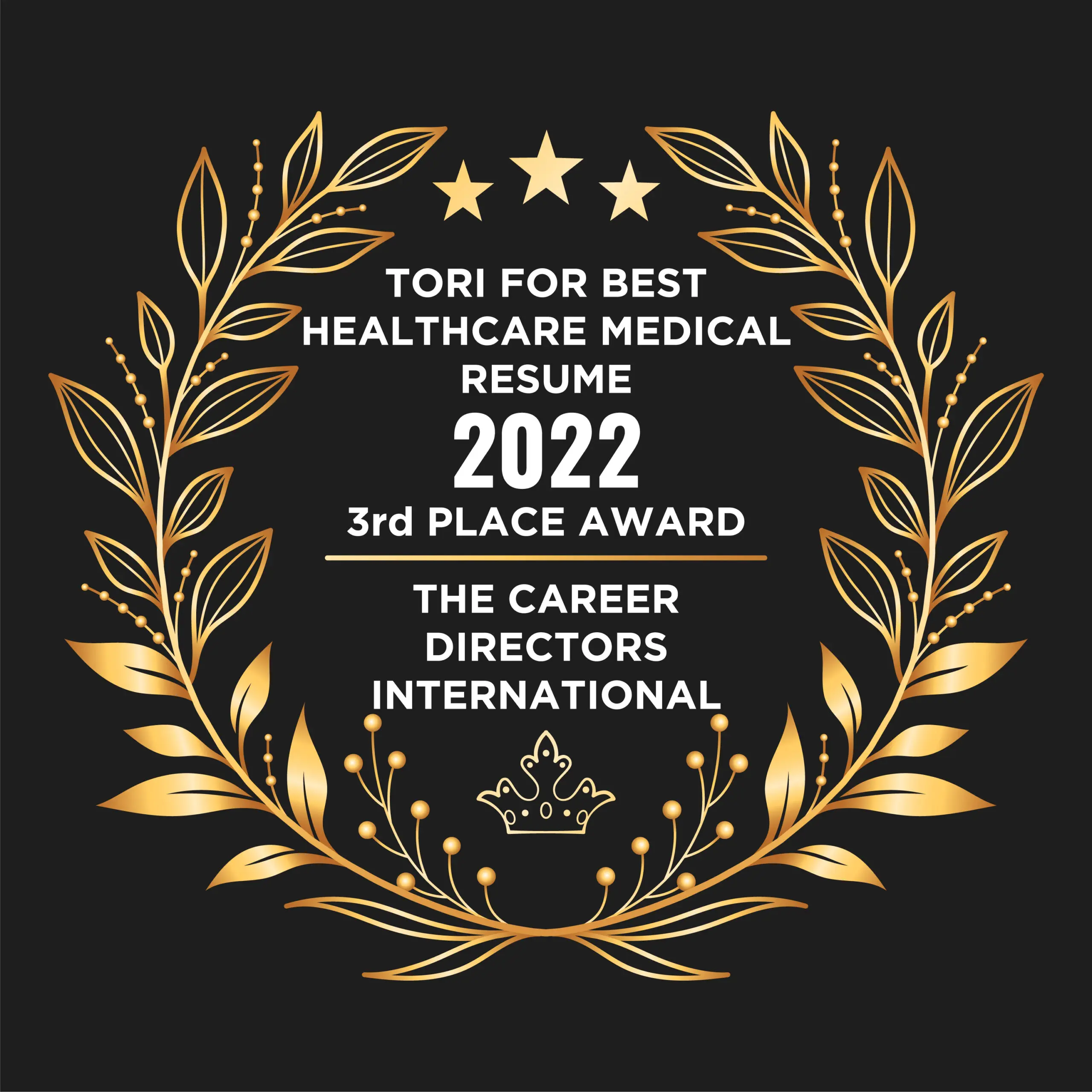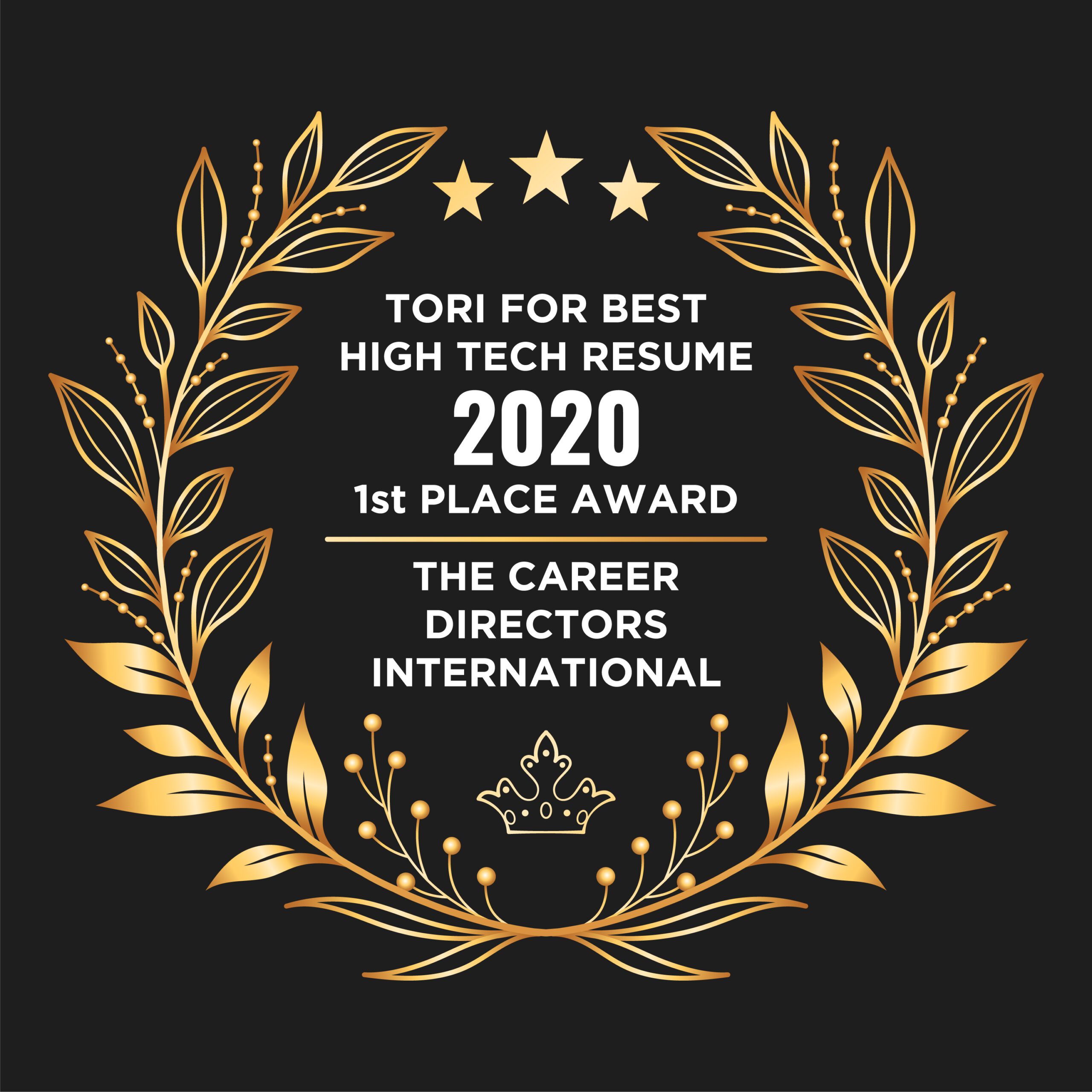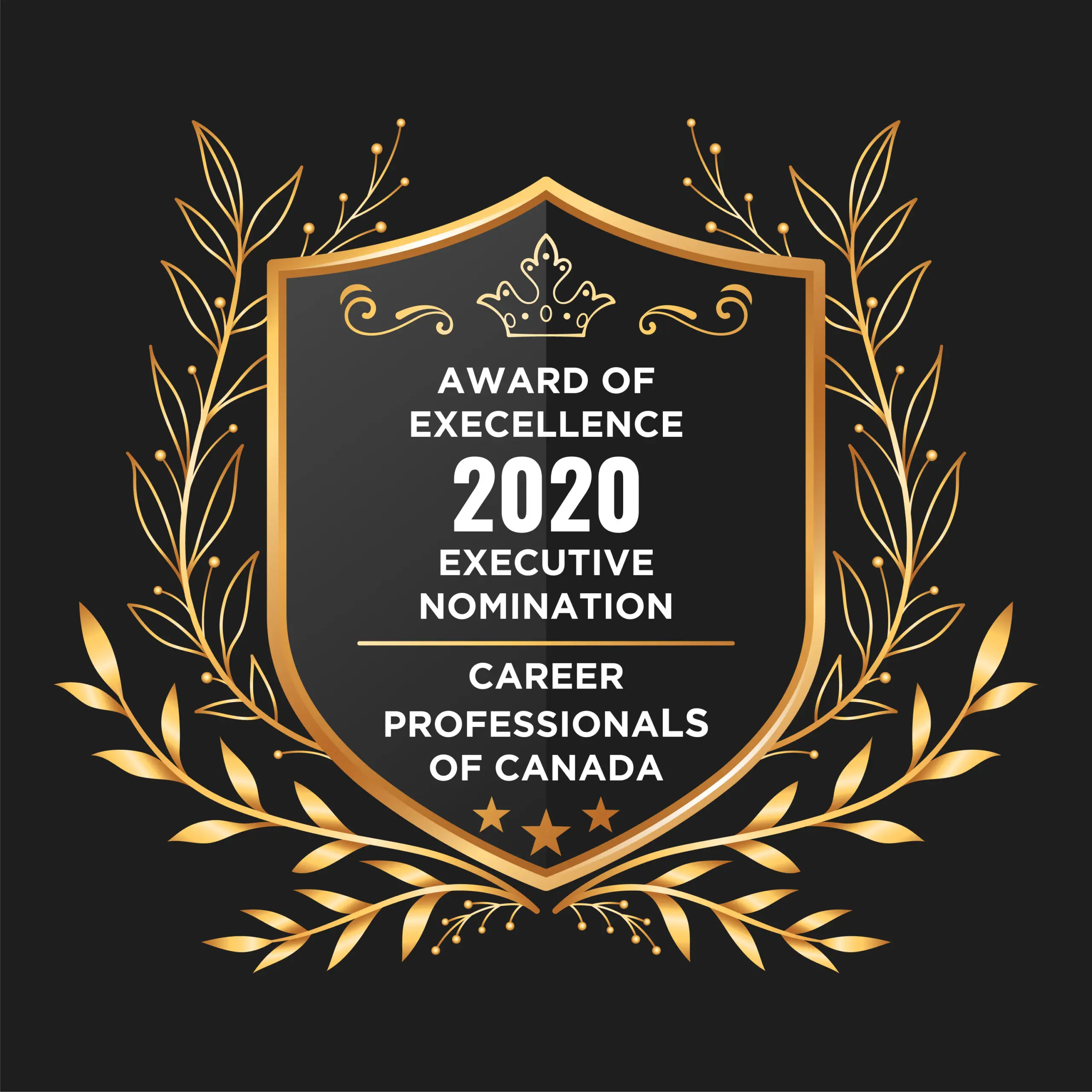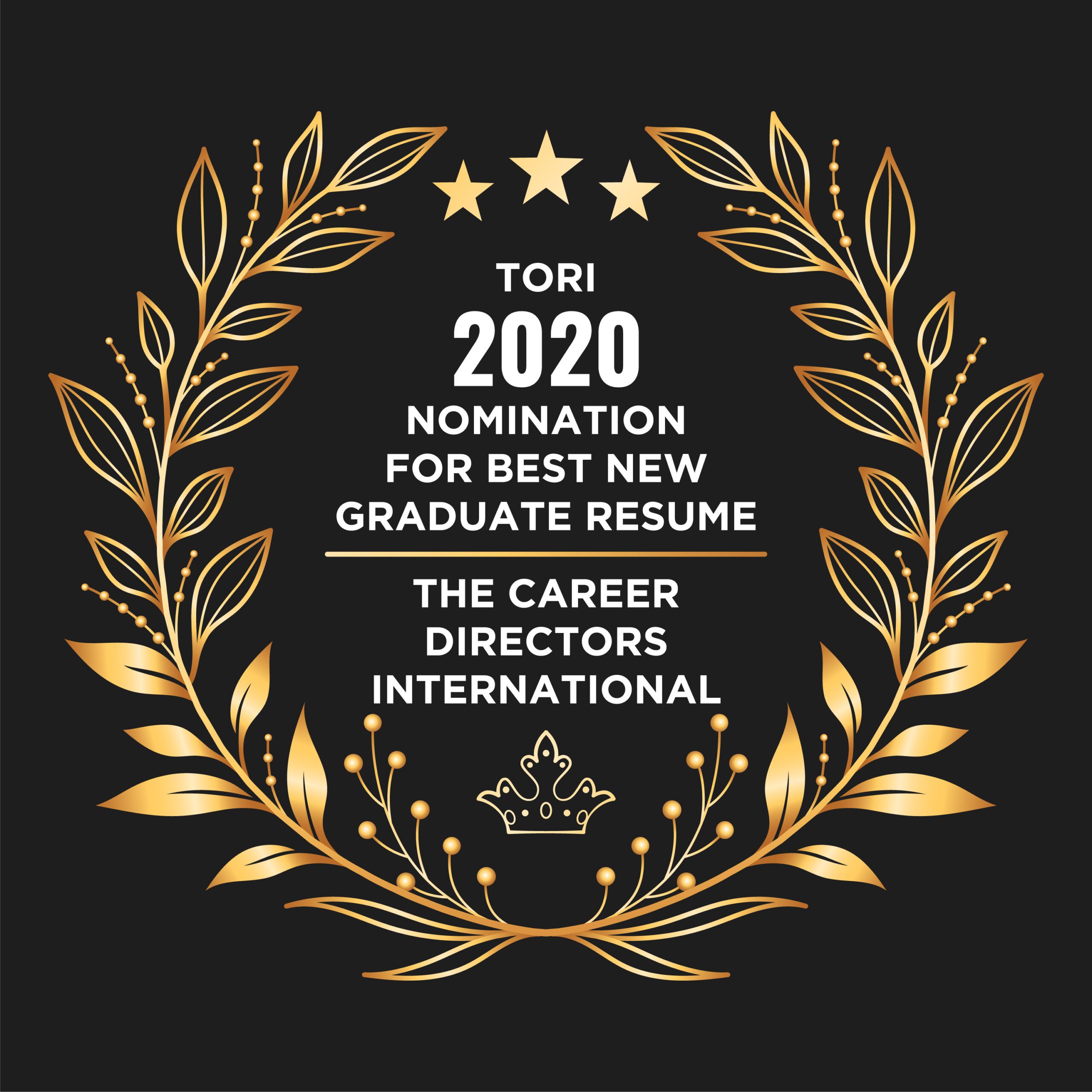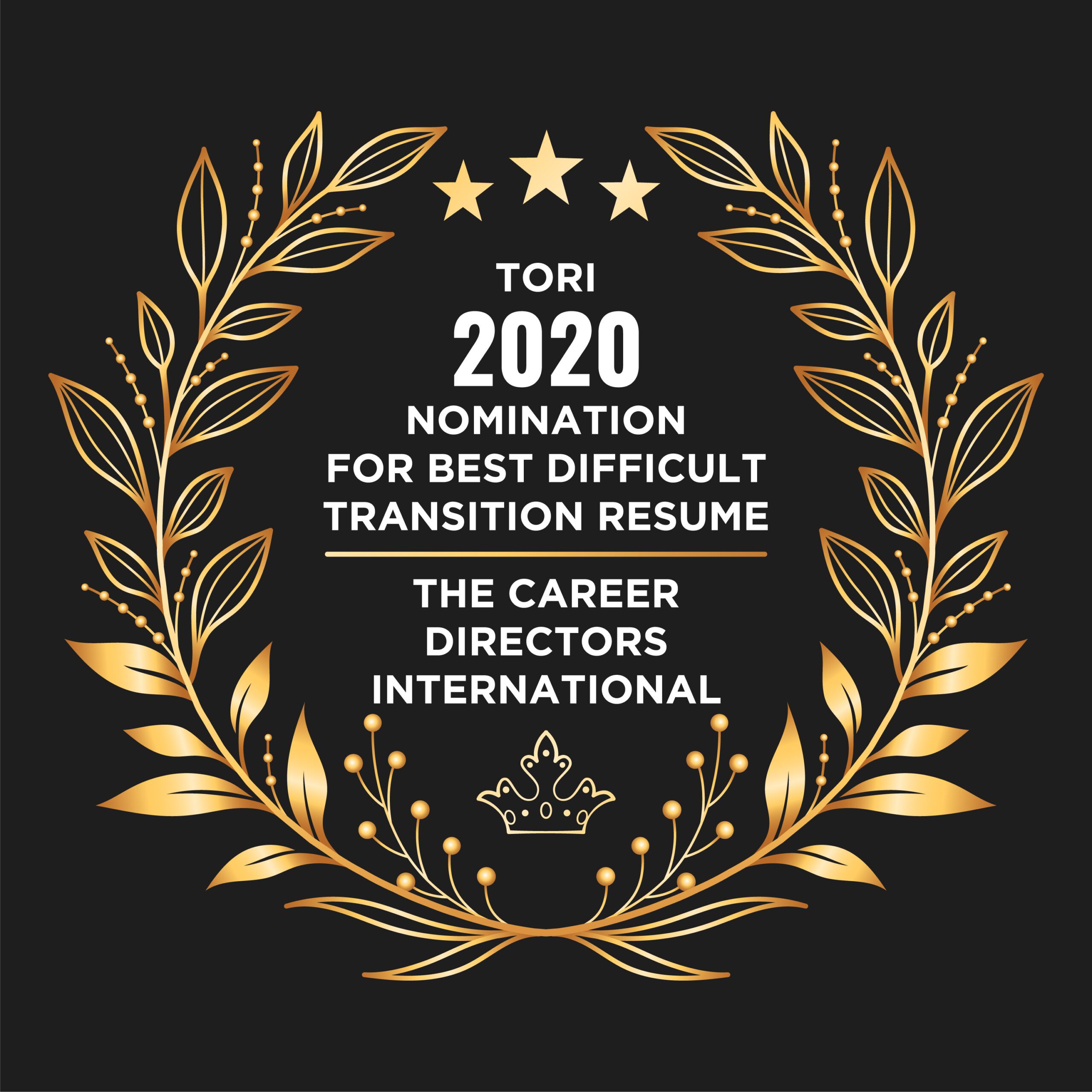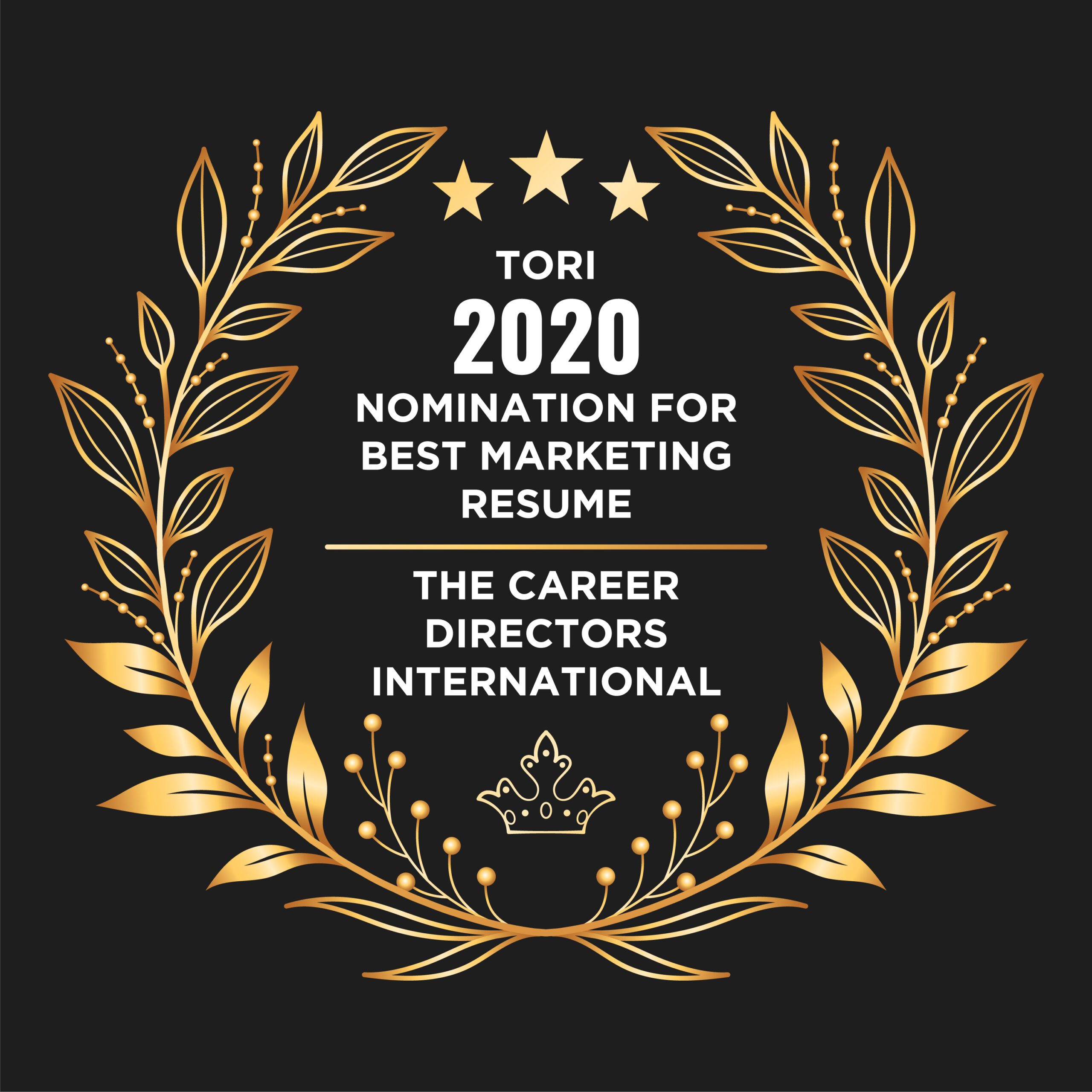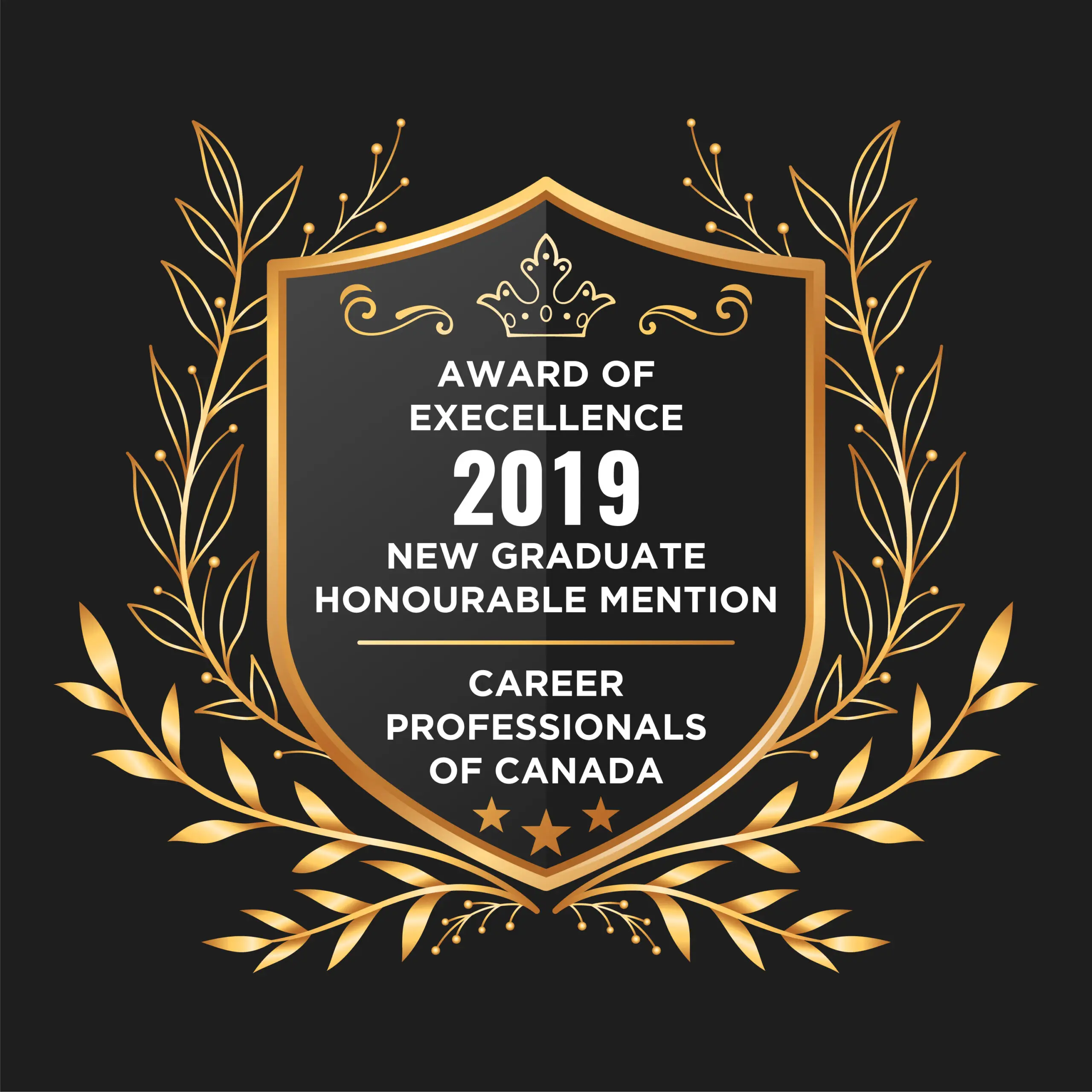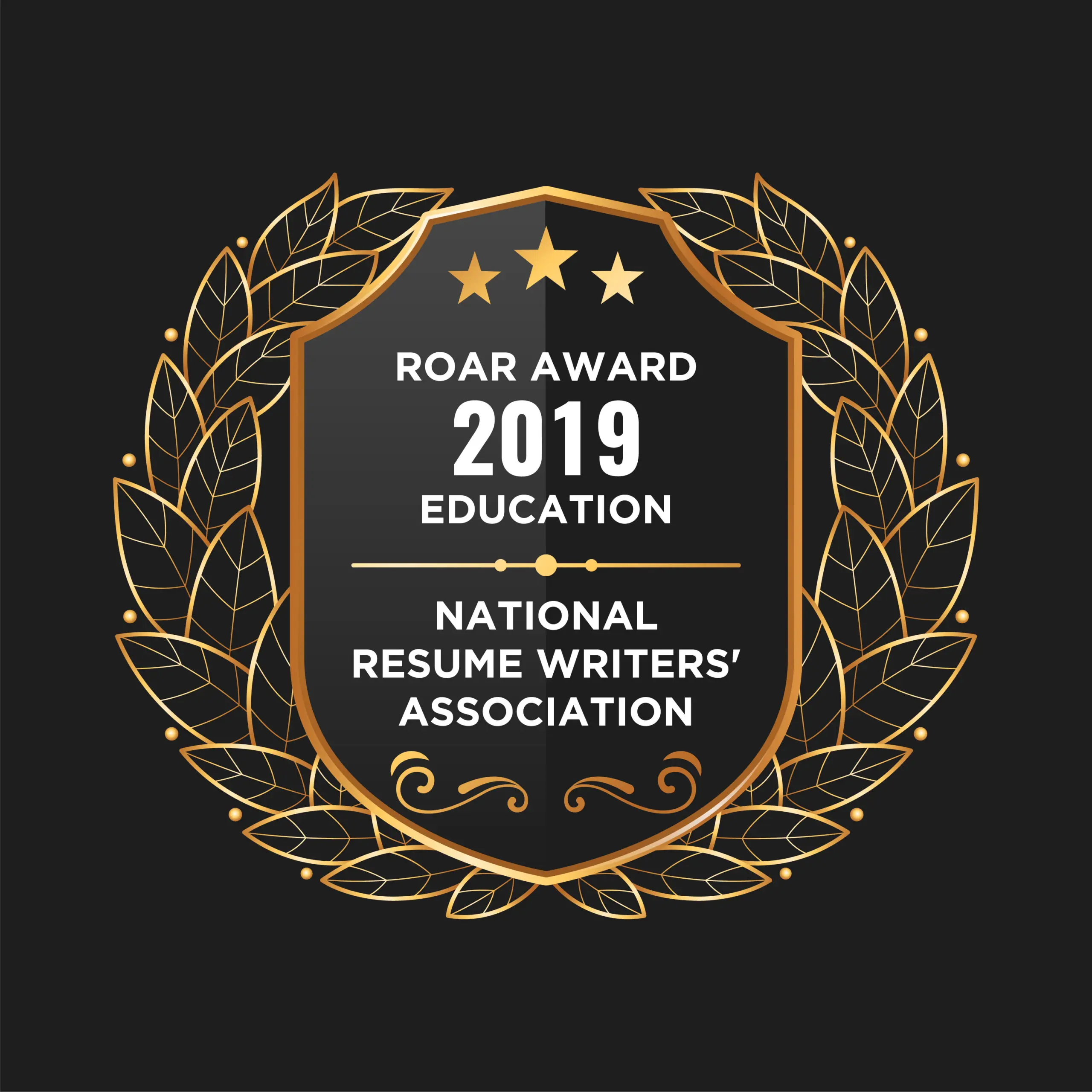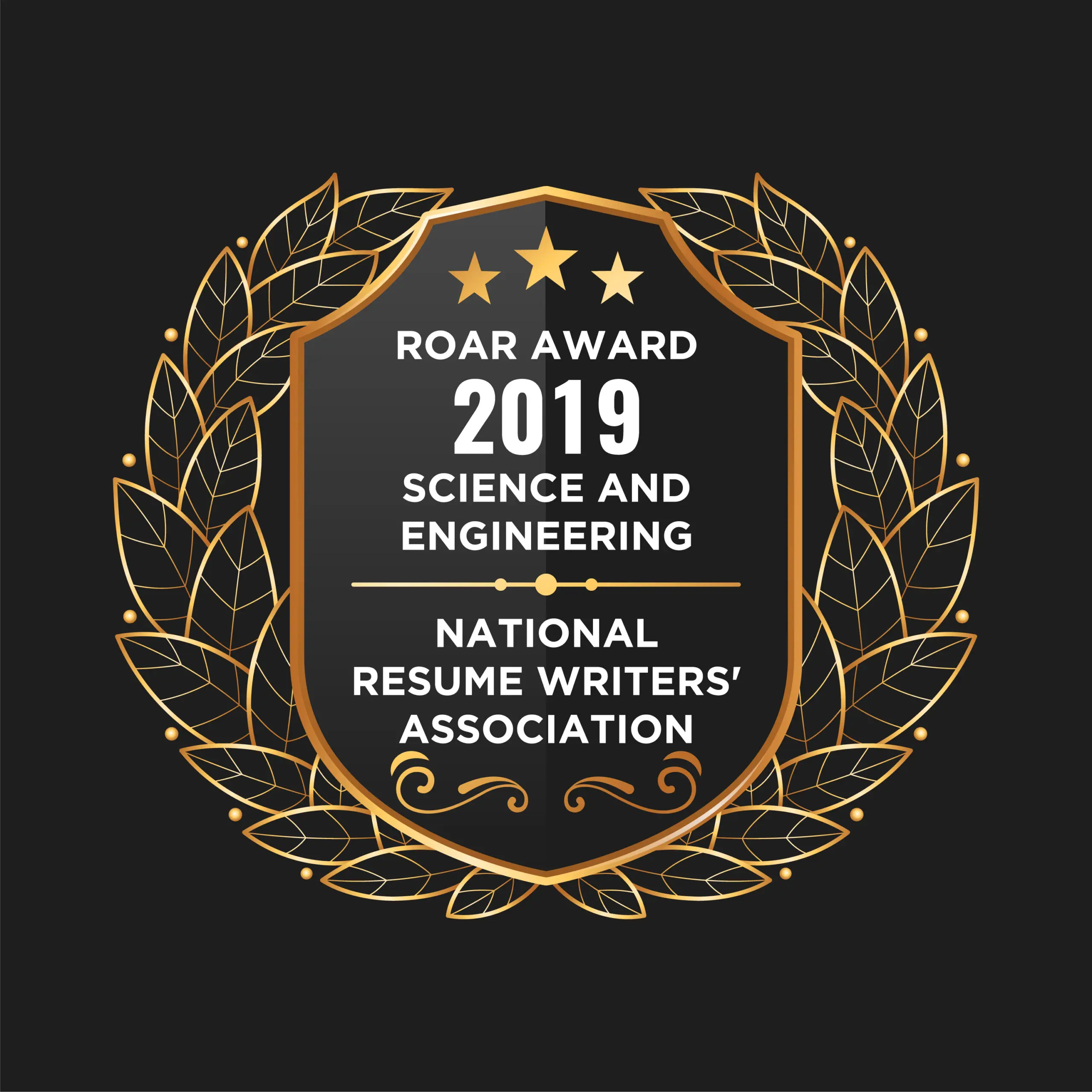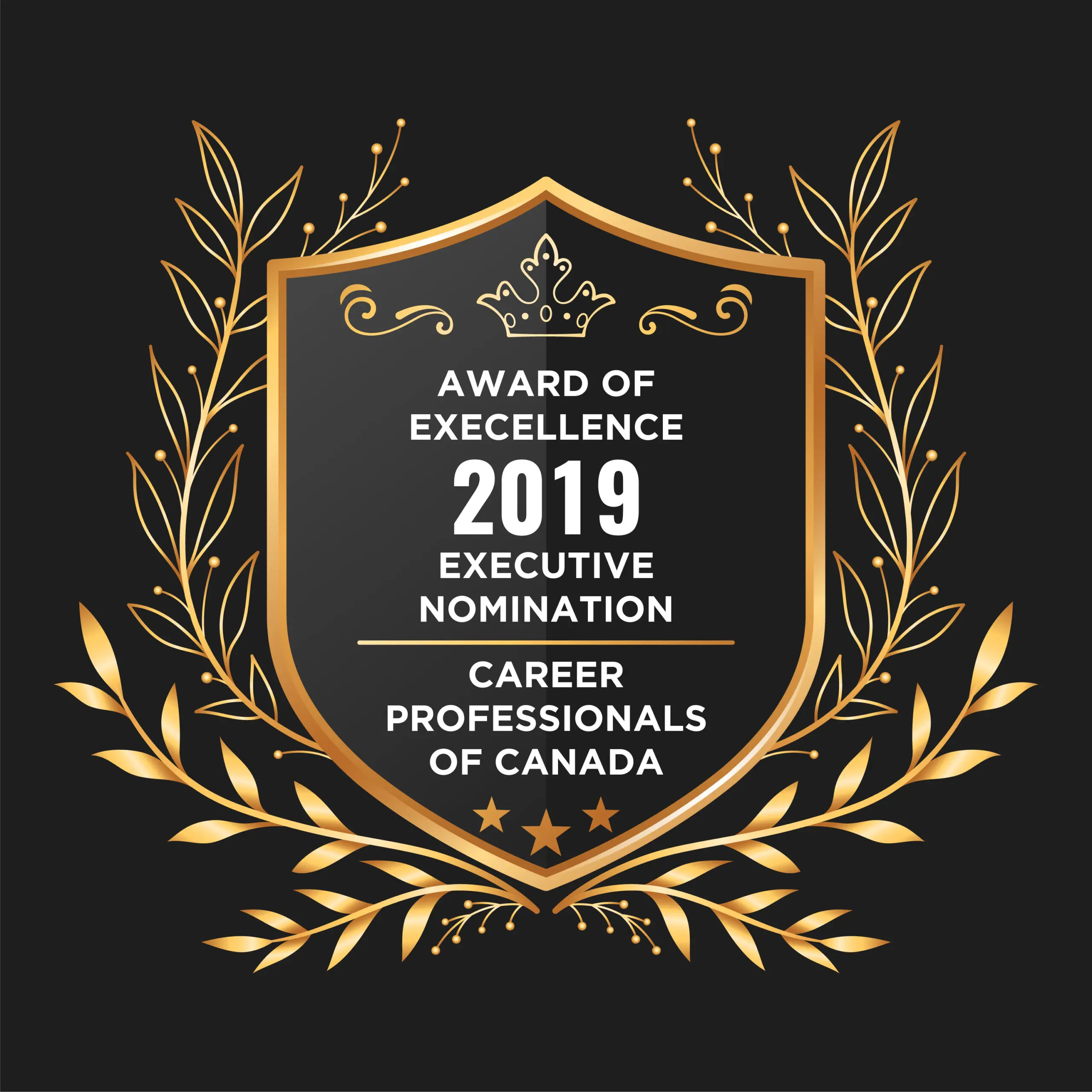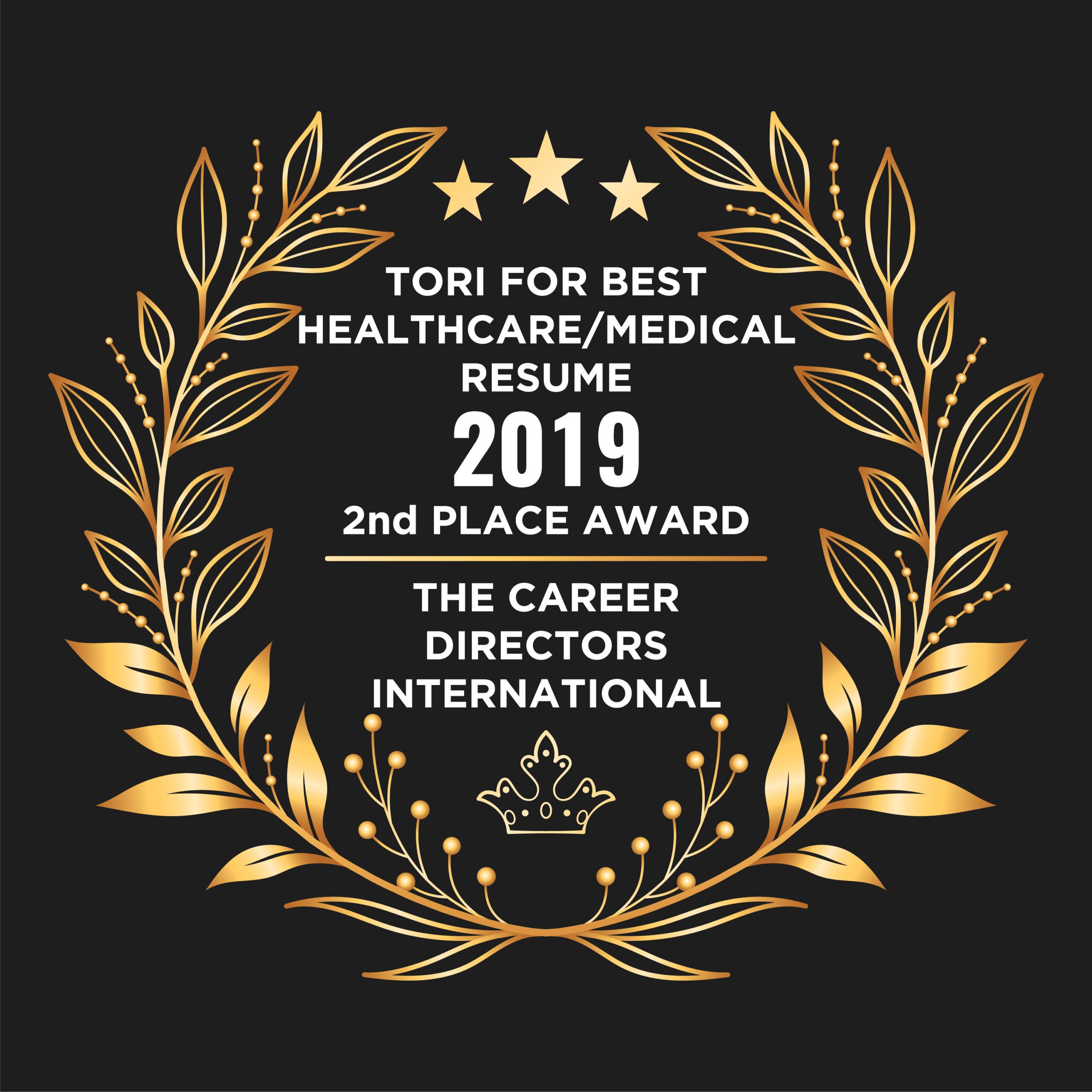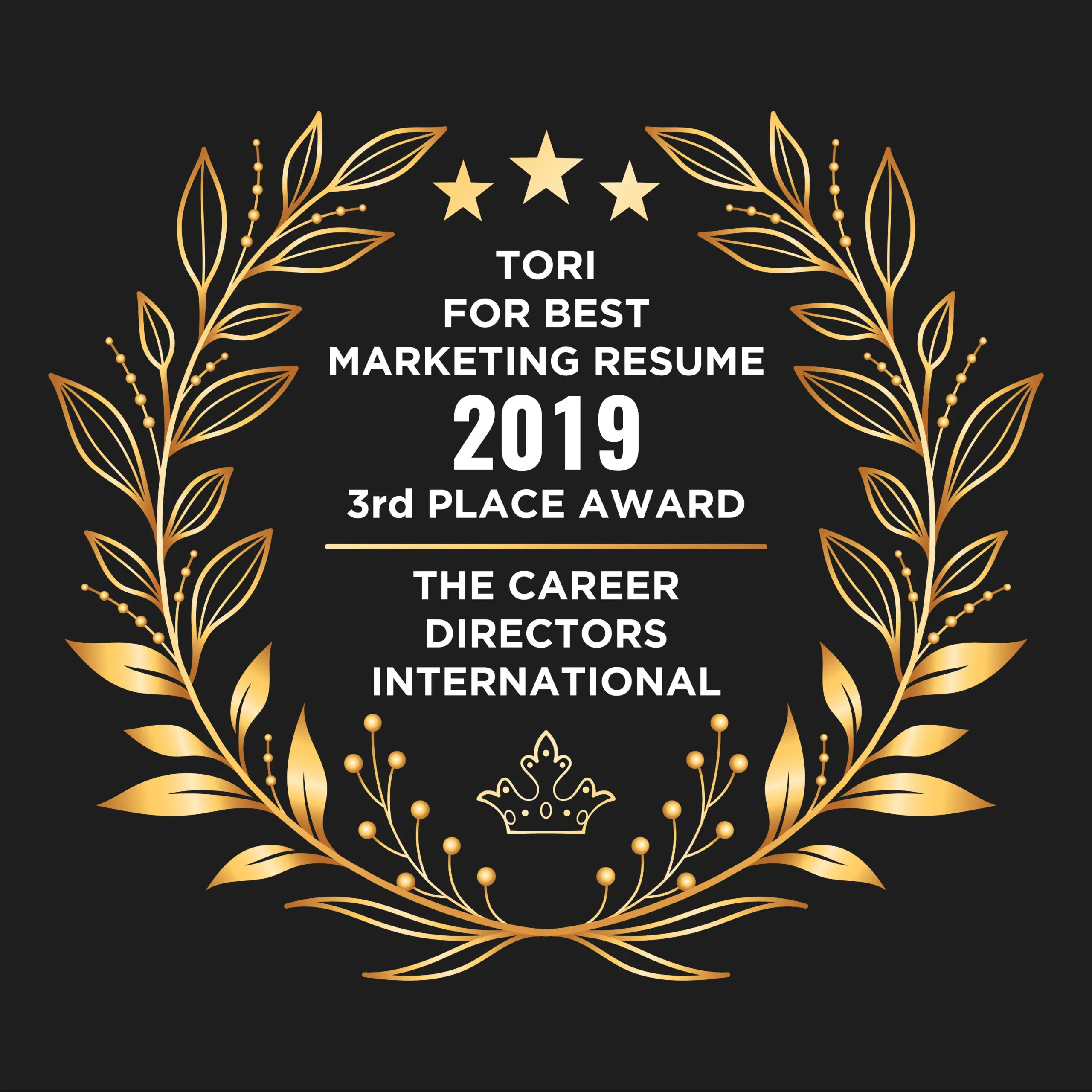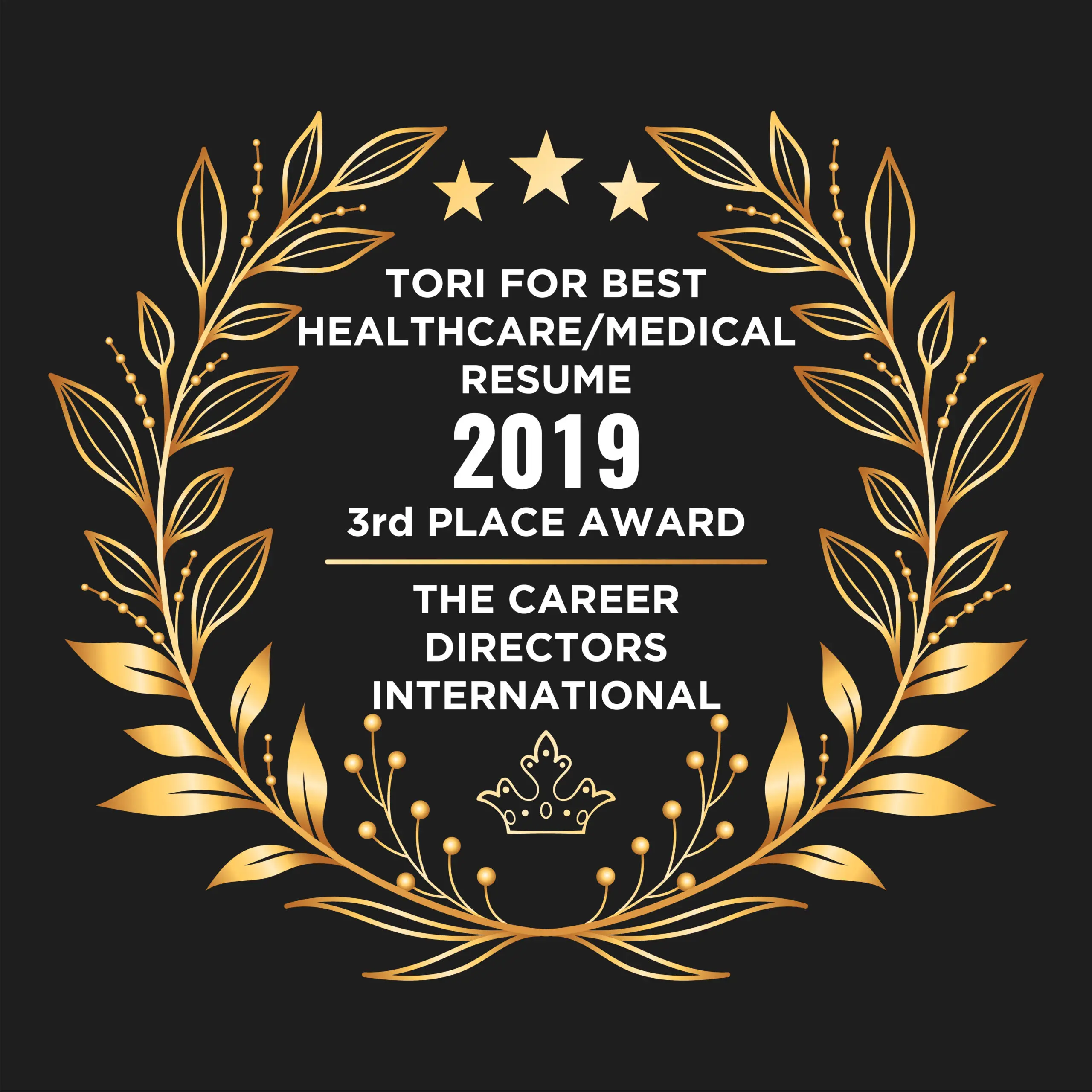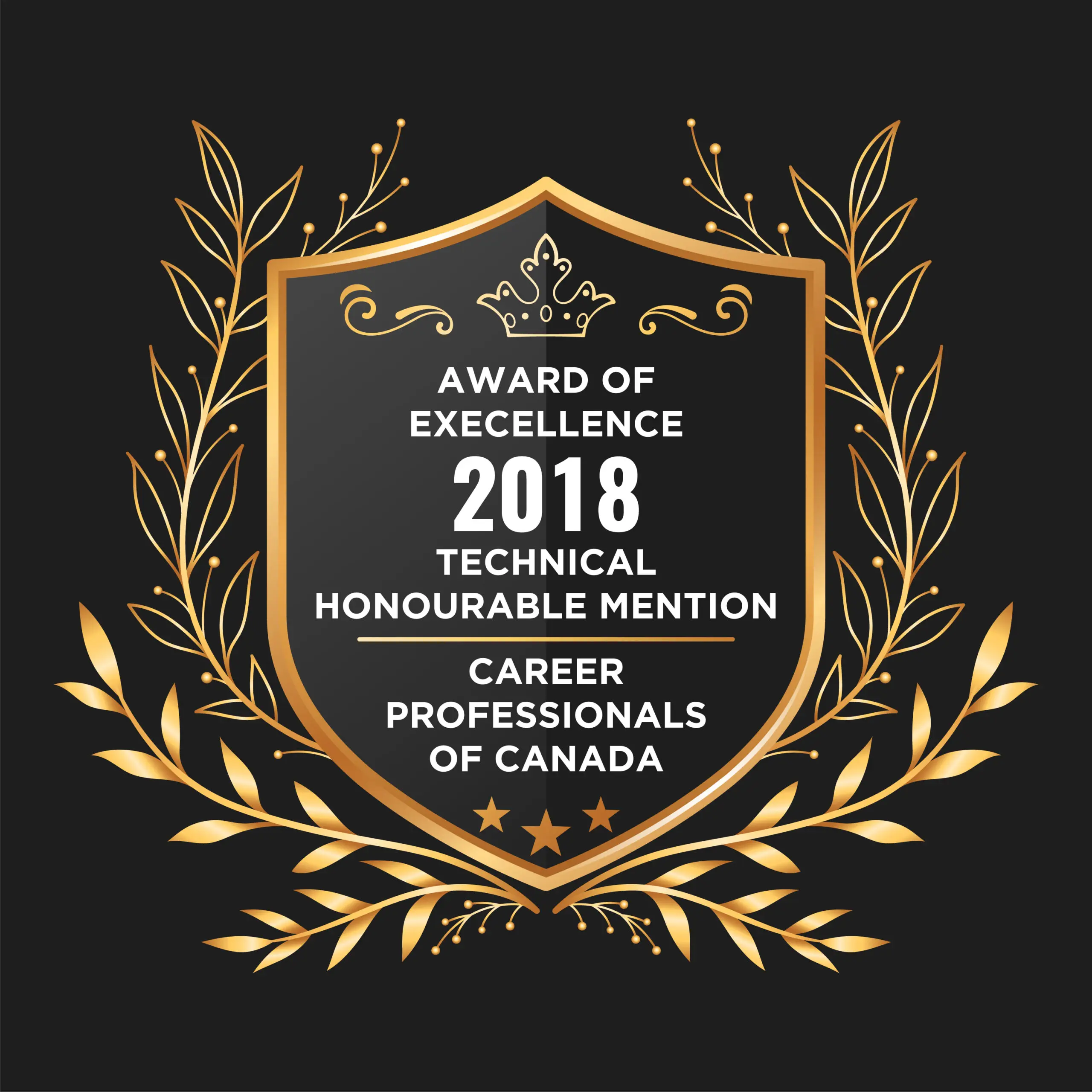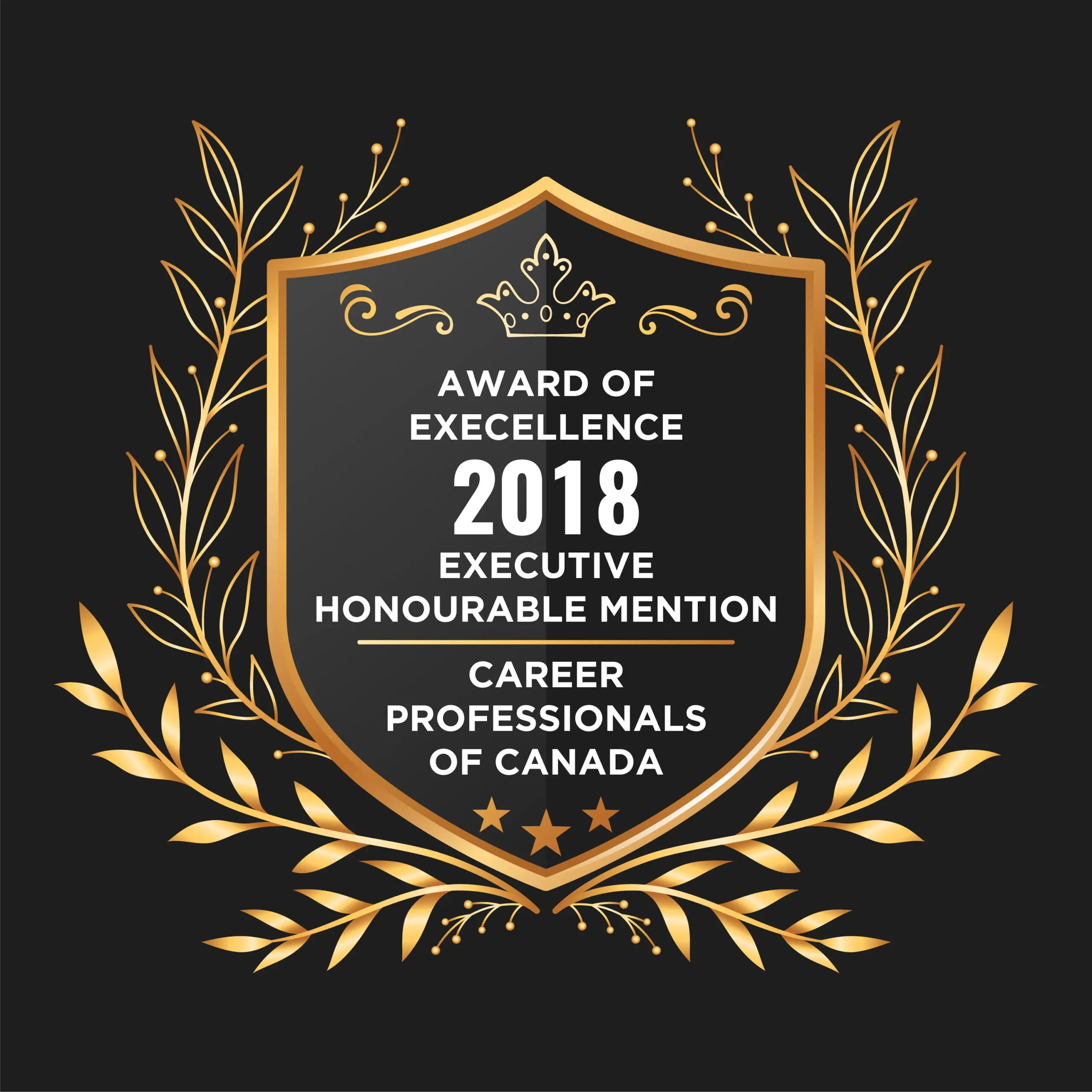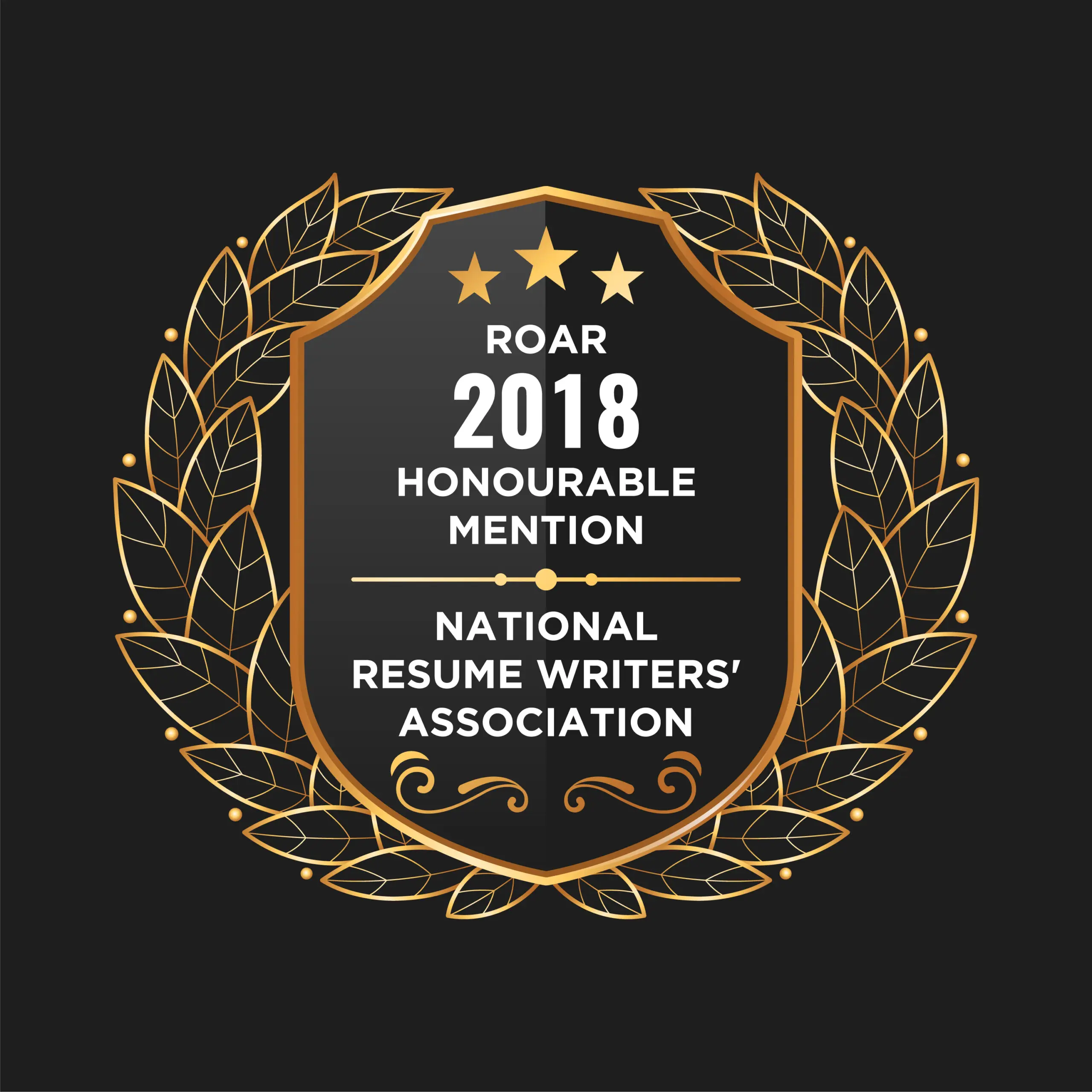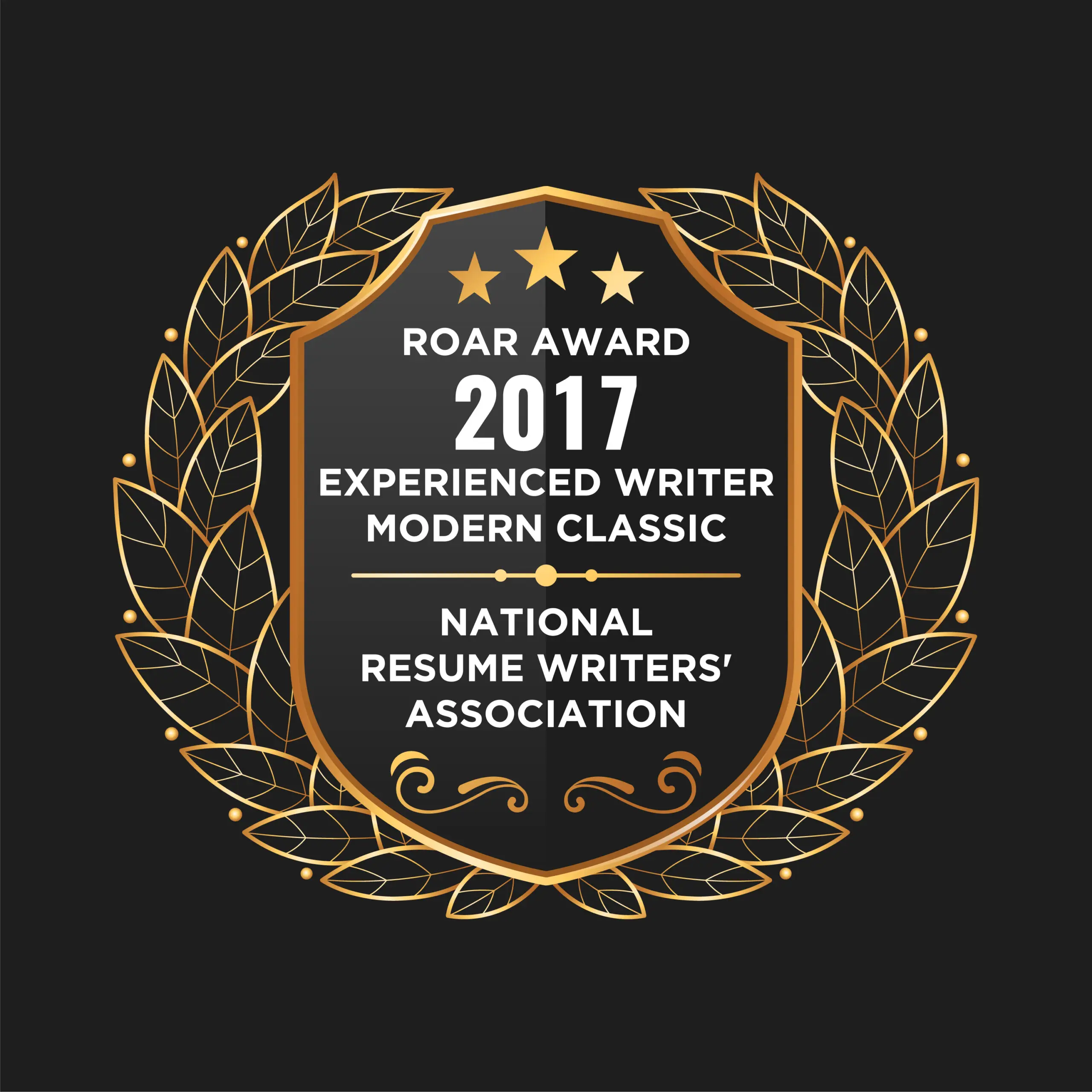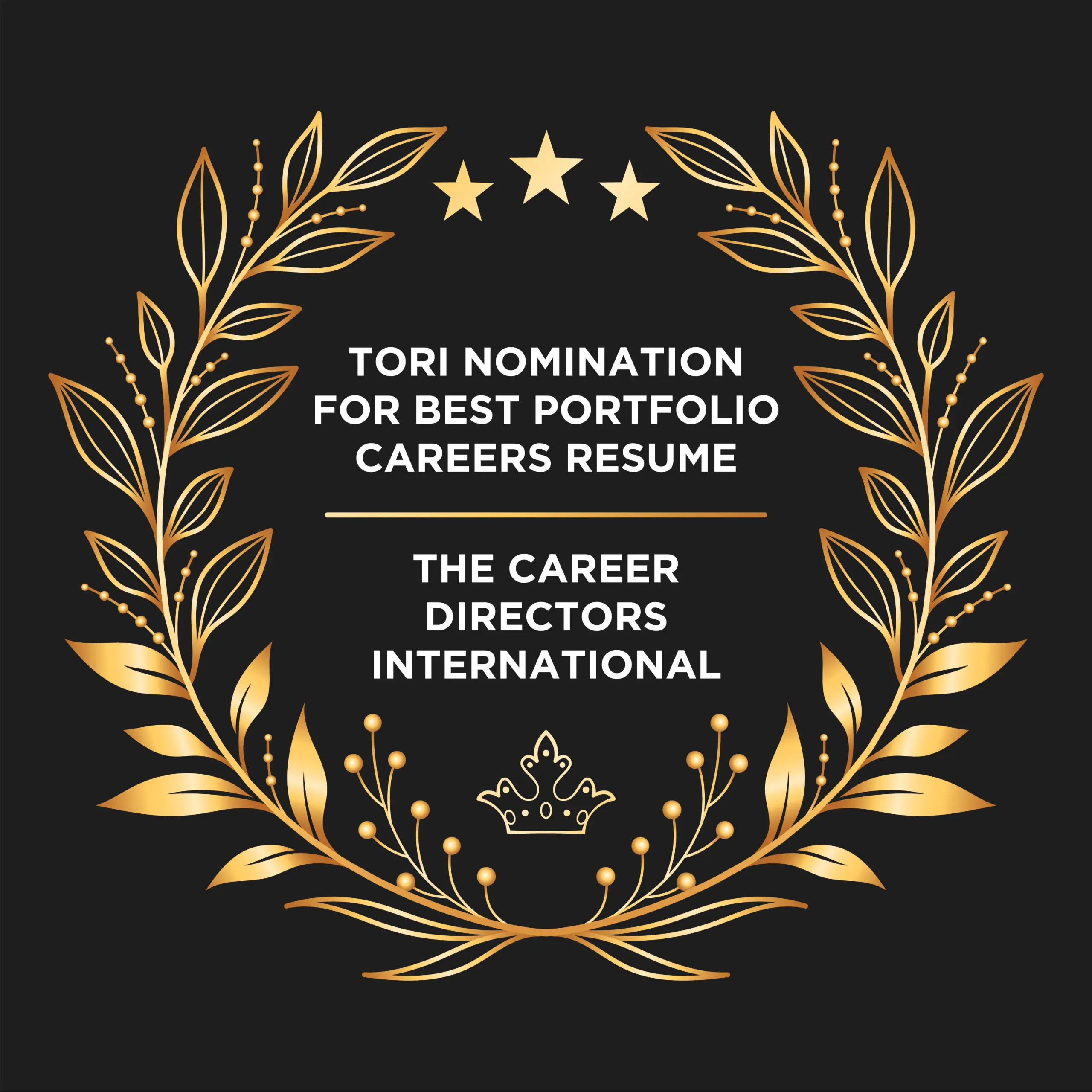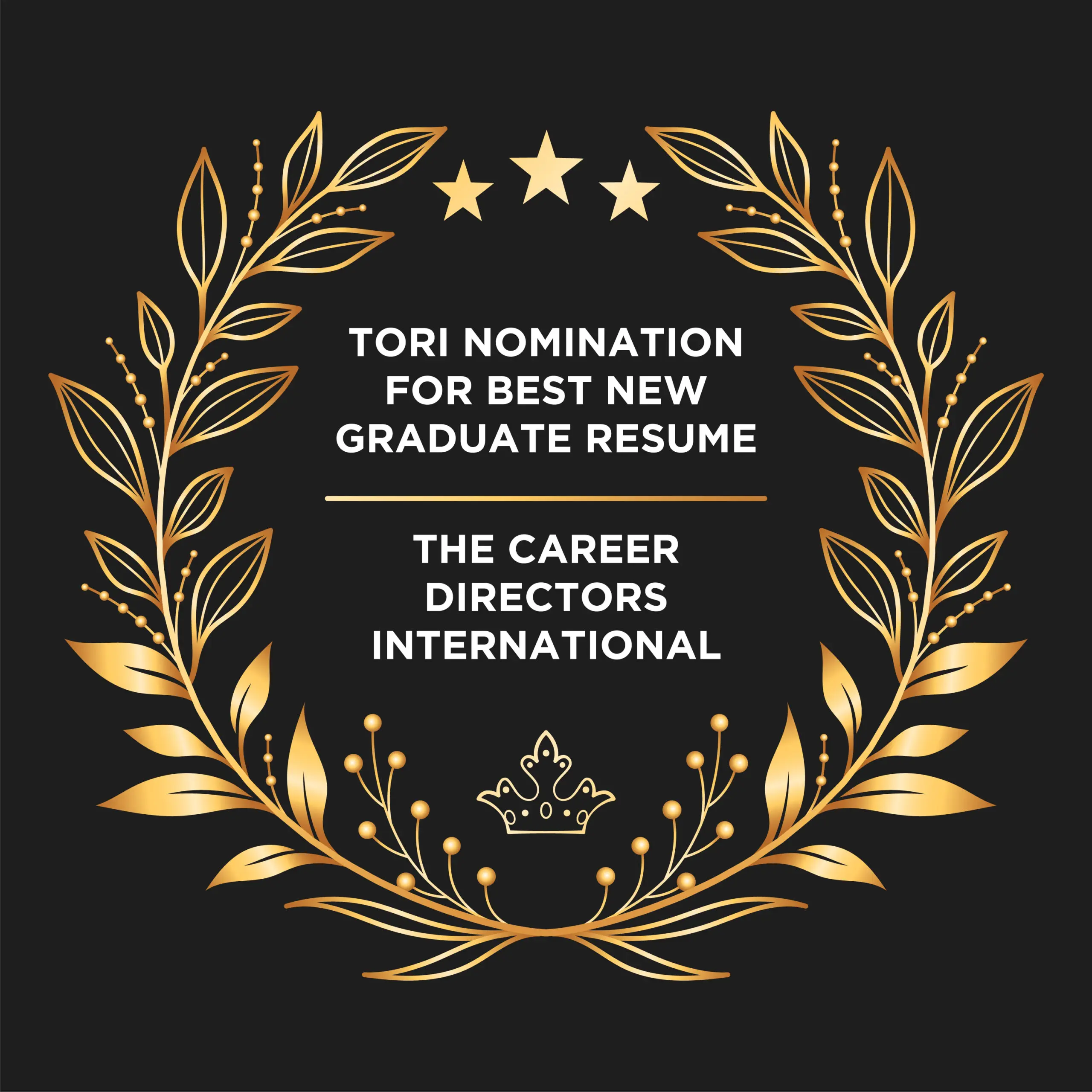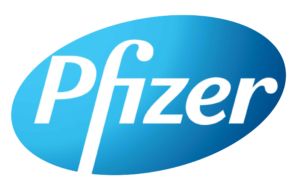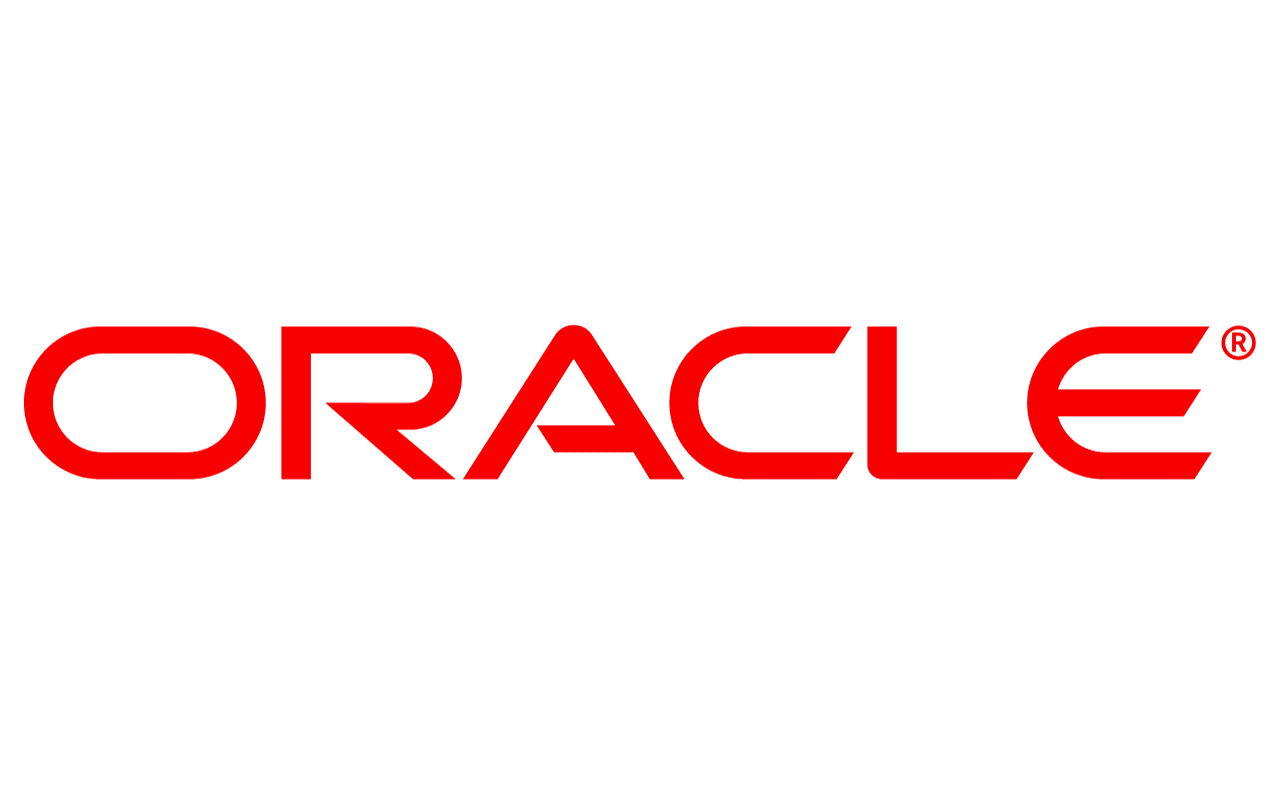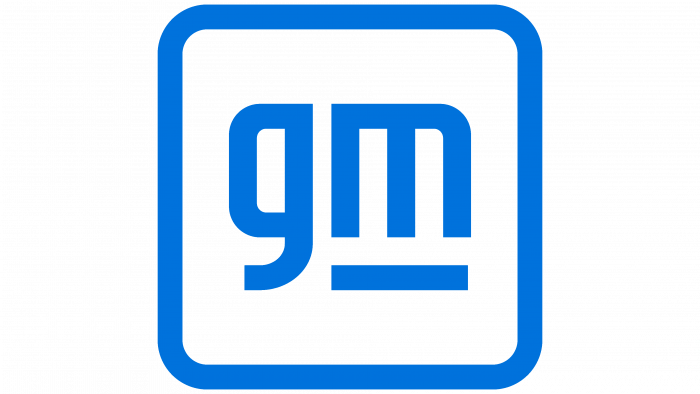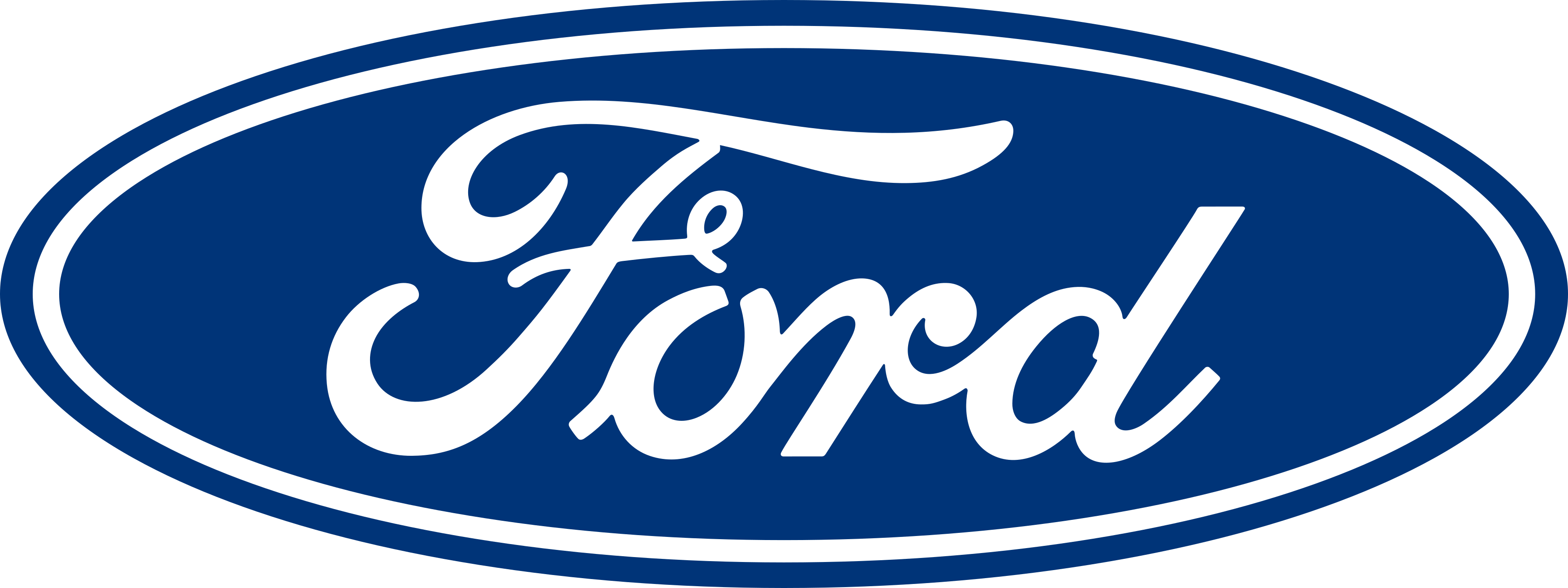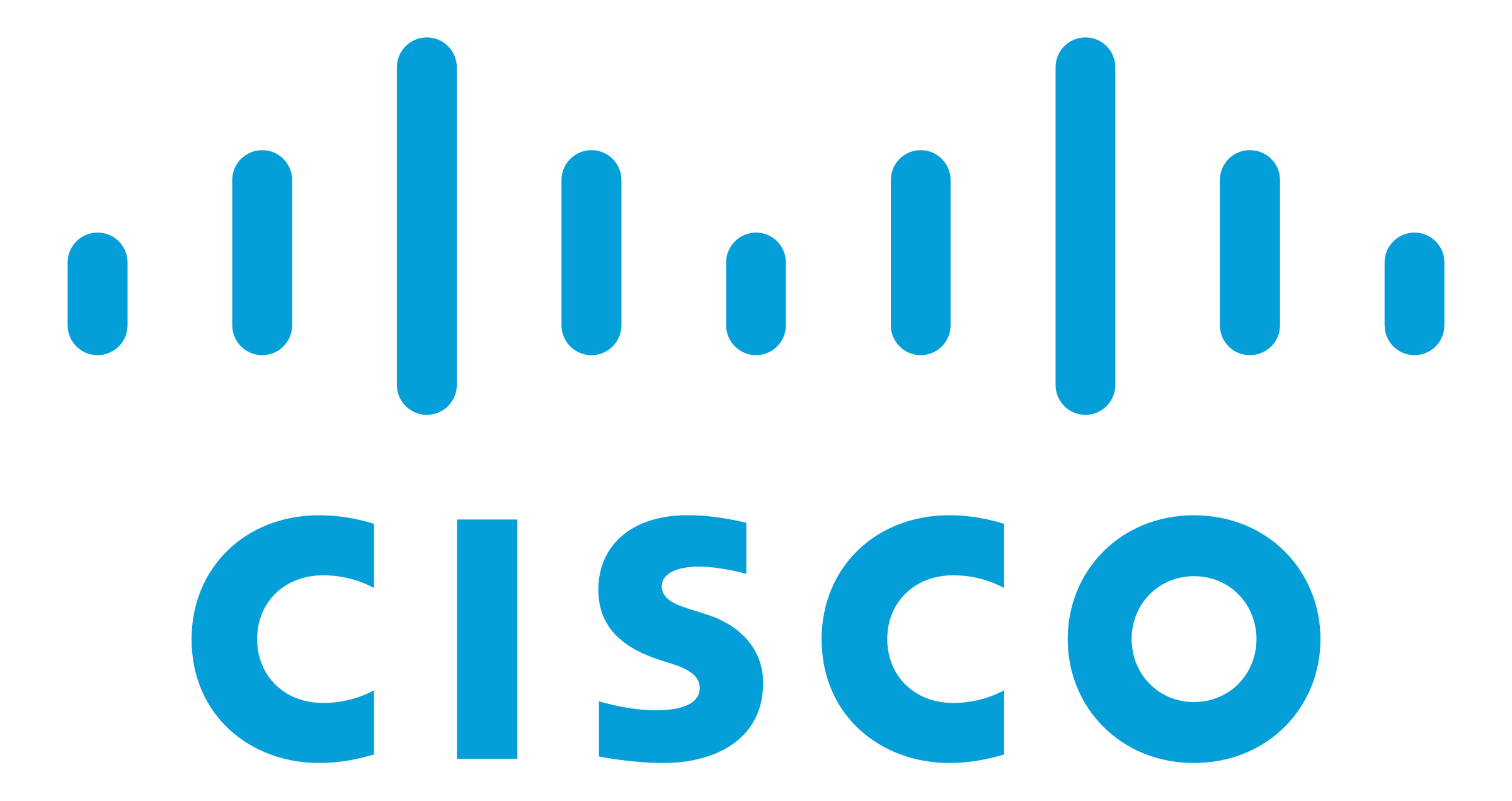How to write an executive resume that works?
Unfortunately, most executive resume writing is taught in a formal manner. Your resume could easily be your most important document. When done correctly, it will open your door. When you’ve done anything wrong you’re heading for an interview blackhole. The company hears this every day about its employees: ‘I applied for every job that I could find, but I feel discouraged by my lack of interviews and need a new resume because I know something is amiss’.
Learn how to write an executive resume that gets you interviews!
As an executive, you are expected to have a certain level of experience and success in your field. This means that your resume needs to be able to effectively communicate these things to potential employers. Here are some tips on how to write an executive resume that will help you get the interviews you want.
What is an executive resume?
Executive resume answers employers’ most important questions. Why? Executive resumes typically can be seen from top-notch recruits, CEOs, Chief Executive Officers, or board members. The company wants information on how you’ll solve future business problems. The CIO candidate may help solve ERP difficulties, the GM candidate the struggling division, and the financial manager candidate helps raise funds under tough conditions. Everyone is looking for information on the candidate who can help. Almost 80% of executive job descriptions fail to ask these questions. In fact, they are too technical. The executive resume should answer these key questions:
1. What have you accomplished?
2. How will you help the company in the future?
3. Do you have the right experience?
4. Are you a good fit for the corporate culture?
5. Can you be an effective leader
For complimentary and actionmable advice, book a call with me today.
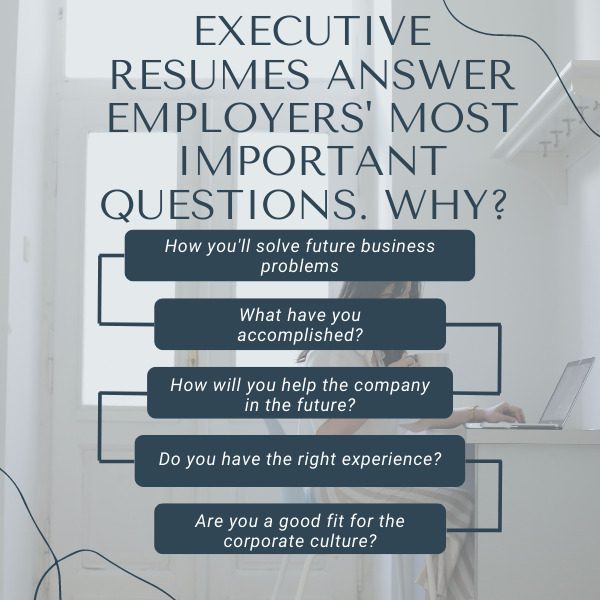
Tell me the best format for an executive resume?
90% of your speech is not coming from your lips. We don’t judge ourselves based on just what we say. Your resume should convey clearly your message. Starting with dependable formats such as reverse chronology. It focuses on the most recent victories. Using powerful fonts. No fancy things? Lead on a large heading, contrasted by white spaces. Spelling check. Grammarly checked.
1. Show me, don’t tell me
Resumes have become notoriously rich in clichés and business executives working in high-end organizations often become the biggest offenders by relying on dated, high-level terms like “driving success”. When the word really matters, it is essential to remove clichés with specific details, factual information and examples. My favorite rules for writing are showing rather than showing and not telling.
2. Tell me the best way to describe your executive experience?
One of the most important things to keep in mind when writing a professional executive resume is that you need to showcase your experience and accomplishments in a clear and concise manner. This means being strategic about what you include and how you format your information. For example, you may want to highlight specific achievements that demonstrate your leadership skills or use bullet points to list your key achievements. Additionally, it’s important to use language that is clear and easy to understand. In other words, avoid jargon or buzzwords that could confuse or turn off potential employers. By following these tips, you can be sure that your executive resume will make a strong impression and help you land the job you want.
Your executive resume should start with a header, so choose the correct title. Companies have many executive positions, including CEO, COO, CTO, and CIO. A former CIO may transition to a COO in another company. If you have experience as a CIO, choose the title that corresponds with the position you want not the one you currently hold. For example, if you have worked as a CTO for one company, you can move to a COO in another. However, CIO and COO are not the same position. You should use the exact title used by the company in your executive resume, because they’re both different types of roles.
3. Describe your responsibilities for each role
When crafting an executive resume, be sure to describe your responsibilities for each role. An executive position is tied to key company metrics, so a recruiter will be looking for candidates whose accomplishments can make a real impact. When you describe your responsibilities for each role, use concrete, quantitative metrics, such as numbers and dollar signs, to highlight your success in the position. For example, if you served as the marketing manager for a major retailer, then you should detail the responsibilities you had for each department. A sales executive resume should include statements of profit which hiring managers can see clearly when skimming the resume. How to write an executive resume is all about nuances and achievements.
On an executive resume, you should show how far you’ve come. Don’t bore your reader with too much detail. Your accomplishments are what make you unique, so focus on those. Quantify them and explain why they stand out among other candidates. In general, an executive resume should highlight three or four points that showcase your most important achievements. In the last paragraph, include your achievements and your role in them.
4. Highlight words that align with your Target Role
When writing the job description, make sure to prioritize the information that is relevant. If the role you’re applying for has many responsibilities, include the most relevant ones first. You should also include keywords relevant to the role, such as leadership, marketing, and finance. Employers may use keyword scanners to scan resumes and list only those with relevant keywords. So, prioritize the information that you think will be of most interest to them.
Describe your accomplishments in a meaningful way. Most executive jobs require an innovative management style, so make sure to quantify your accomplishments. Include any kudos from well-placed people. But, make sure to limit these quotes to those who know you and your work. Your executive resume should be a unique and focused piece of writing. Make sure to follow the format of the job description.
5. Avoid cliches
The best way to stand out among the thousands of candidates is to avoid using cliches when writing an executive resume. While many job seekers use catchphrases to describe themselves, avoiding these phrases is vital for your job search. Cliches can make your resume sound too generic and insincere. Instead, focus on specific accomplishments and skills, and be creative in your language. You can highlight your ability to collaborate with others to complete tasks.
While there are plenty of buzzwords out there, it’s important not to use them in your resume. They’re likely to confuse the recruiter or reader, and could even make them skip over your resume altogether. In addition to not sounding credible, avoid using cliches when writing an executive resume. Use specific numbers to describe your accomplishments.
Besides being ineffective, cliches feel like unnecessary padding. You may use them subconsciously to save space, but it is useless to include them. In addition to being a cliché, these words and phrases rarely have any real meaning. Moreover, they’re usually meaningless and can be easily deleted from your writing without affecting its meaning. You can avoid using cliches by consciously avoiding them and cutting down your length.
Buzzwords are overused and can be a red flag of lack of expertise. Instead of bragging about your Excel skills, make sure to use specific examples of your success. In most cases, companies don’t give consideration to those who don’t put in the effort. But writing “hard worker” or “achiever” in your resume will not convince the recruiter. Use real examples of your achievements, like winning awards at a conference.
6. Describe your achievements
When writing your resume, quantify your achievements for the hiring managers. List them in percentages, dollars, time, and/or tasks. Quantifying your achievements is the best way to show your employer what your hard work has resulted in. Include questions that illustrate how your achievements have impacted a company, such as how many customers you’ve served or what your work-related accomplishments have been. For example, if you’re an administrative assistant, you can mention the revenue you’ve brought in with a team or project.
Aside from numbers, quantifying your accomplishments is essential for executive roles. Be sure to quantify them, and include any kudos you’ve received from well-placed people. Make sure to limit kudos to people you’ve worked wiåh within your industry. Describe your achievements on an executive resume to a maximum of 15 years. While you’re writing your resume, keep in mind that it’s important to be concise, so don’t go overboard. Do you have a proven track record? Don’t just state that, but include context and examples of success.
You can write about your accomplishments using a number of techniques, including CAR and STAR. CAR tells the story of a problem you solved, while STAR highlights a hero in a situation. STAR and CAR are two examples of accomplishment-based bullets that can be used for an executive resume. These formats have many advantages, and you can use any of them to highlight your achievements.
The first option is to list only your most important accomplishments. Then, make a separate section for these achievements. You could name this section Awards and Achievements, or My Key Achievements. Whether you list your accomplishments in a separate section or as a whole, it will make your resume stand out and attract more attention. An employer will be more likely to invite you to an interview if you have a list of achievements and can show off your success.
7. Describe your leadership
One of the most effective ways to stand out from the competition is to highlight your strategy-creation skills. While lower-level jobs may require tactical execution skills, leadership positions require you to design and implement strategic plans. When writing your resume, briefly describe your leadership strengths. Include relevant details such as the size of the team or P&L you managed. You can also highlight the projects you led to achieve specific goals.
Listed below are some of the most effective ways to showcase your leadership skills on an executive resume.
Your summary should focus on key accomplishments and data that support these achievements. Incorporate key language skills, education, and extracurricular activities to highlight your accomplishments. Lastly, avoid stating your age in your executive resume unless it is a relevant fact. For more information, read executive resume samples. Once you have a clear idea of how to write a resume summary, you can write the rest of the resume.
When writing your resume, remember the situations when you have led teams or committees. It helps if you can include specific examples, so you can demonstrate how you can inspire people to perform their best. When writing a resume, make sure to quantify your results, as employers value concise, straightforward writing. Generic resumes fail to portray your skills in the best possible way, so make sure to tailor your resume to the position you are seeking.
Describe your leadership in an executive resume by using a vocabulary related to your specific field of work. Use leadership vocabulary like campaign, engage, mobilize, mentor, empower, delegate, and commit. A good leader will foster communication in their department, organization, and with their superiors. A bad leader, on the other hand, will not inspire communication and will fail to achieve the organizational goals. So, focus on specific instances when you can use this vocabulary to highlight your achievements.
8. Describe your communication skills
When writing an executive resume, one of the best ways to highlight your communication skills is to relate them to previous roles. For example, you can say that you have the ability to deliver critical presentations and new pitches, and you’ve managed multiple teams. Or, you can say that you’ve created a healthier work culture for your company. Whatever you choose to highlight, make sure you highlight these skills in the “Additional Information” section of your resume.
Communicating is a critical skill for any job, and it should be highlighted on your resume. If you’ve worked with customers, you should describe how you interacted with them. If you’ve worked in a creative team, include how you collaborated with other team members to create an effective product. If you’re a writer, you can also describe your abilities in terms of writing and structure, using different terms and phrases, and working with a diverse team.
In the skills section of your resume, you should highlight the most relevant communication skills you have. Among these are empathy, public speaking, and teamwork. Identify which communication skills your future employer is looking for and make sure you highlight them. If you’re not sure which skills to emphasize, you can even talk to current employees to see which ones are important to them. If you’re trying to sell a service, you’ll have to show that you’re a good communicator.
In addition to written skills, you should also highlight your verbal communication skills. Verbal communication skills are critical for the workplace because you’ll be interacting with different people in the workplace. Your ability to speak clearly and concisely is important, so be sure to highlight this skill on your resume. Public speaking accomplishments are also great ways to highlight your verbal communication skills. You can also highlight your writing skills if you’ve ever had to make presentations in front of a large crowd.
9. Top-performing resumes have simple layouts and plenty of white space
It seems like there is presently an emergence of more inventive resumes even amongst executives. The format typically consists of a double column layout, substantial colouring, non-standard sections and layouts as well as fancy fonts. Optimal resumes attract the eye and can be easily viewed through application tracking software. However, these types of resumes can often result in disaster as they are difficult to read, and the applicant may be perceived as unprofessional.
A top-performing resume will have a simple layout with plenty of white space. The focus should be on the content, not the design. The font should be easy to read, and the reader should be able to quickly scan the document and understand the key points.
When it comes to executive resumes, less is more. The goal is to present your information in a clear and concise manner. Avoid using fancy fonts or adding unnecessary graphics. Stick to a simple layout that will allow the reader to easily find the information they are looking for.
Read also “The 5 Best Executive Resume Templates To Use Today: Best Practices & Examples“
Include an executive summary
An executive resume should always include a professional summary. This is a brief overview of your skills and experience, and it should be tailored to the specific job you’re applying for. The professional summary should be located at the top of your resume, beneath your contact information.
When writing your professional summary, focus on your most relevant skills and experience. Use bullet points to highlight your key accomplishments, and make sure you use language that is easy to understand. Avoid using jargon or technical terms. The goal is to give the reader a snapshot of your skills and experience, so they can decide if you’re a good fit for the job.
If you’re not sure how to write a professional summary, you can look at executive resume samples for inspiration. Just remember to tailor your summary to the specific job you’re applying for.
Focus on your accomplishments
When writing an executive resume, you should focus on your accomplishments. As an executive, you likely have many years of experience and a long list of accomplishments. However, you don’t want to include everything on your resume. Instead, focus on the accomplishments that are most relevant to the job you’re applying for.
When writing about your accomplishments, use bullet points to make them easy to read. Include numbers whenever possible to show the scope of your achievements. For example, if you increased sales by 20%, be sure to include that information.
Don’t forget to use strong action verbs when describing your accomplishments. Action verbs such as “increased,” “improved,” and “developed” will make your resume more powerful.
Use keywords
When writing your executive resume, be sure to use keywords. Keywords are words or phrases that describe the skills and experience an employer is looking for. Including technical skills on your resume will help ensure that your resume is found when employers search for candidates.
You can find keywords by looking at the job description. For each job you apply to, make a list of the skills and experience that are required. Then, incorporate those keywords into your resume.
Including keywords on your resume is especially important if you’re using an executive resume template. That’s because employers often use applicant tracking systems to screen resumes. These systems scan resumes for specific keywords, and candidates who don’t include the right keywords are often automatically rejected.
Include contact information
Of course, you’ll want to include your contact information on your executive resume. This should include your name, email address, and phone number. You can also include your mailing address, but this is optional.
Be sure to use a professional sounding email address. If you have a silly email address that you created when you were in high school, now is the time to create a new one.
You should also include links to your professional social media accounts, such as LinkedIn. Including these links will give employers another way to contact you and learn more about your experience.
Format your resume correctly
When writing an executive resume, it’s important to pay attention to the format. Your resume should be easy to read and free of any errors.
To make your resume more readable, use bullet points and clear headers. You can also use bold or italicized text to highlight important information.
It’s also important to use the correct resume format. The chronological format is the most common, and it’s the best choice if you have a strong work history. If you’re changing careers or have gaps in your employment, you may want to use the functional or hybrid format.
Proofread your resume
Once you’ve finished writing your executive resume, it’s important to proofread it carefully. Check for any spelling or grammar errors, and make sure that the information on your resume is accurate.
If you’re not confident in your ability to spot errors, you can ask a friend or family member to read over your resume. You can also hire a professional resume writer to help you create a polished and error-free resume. Our executive resume clients are incredibly satisfied with their product which helps cut their job search in half. Our executive resumes are recognized job search currency!
For a sample executive resume in your industry, see our Resume Samples Page.










